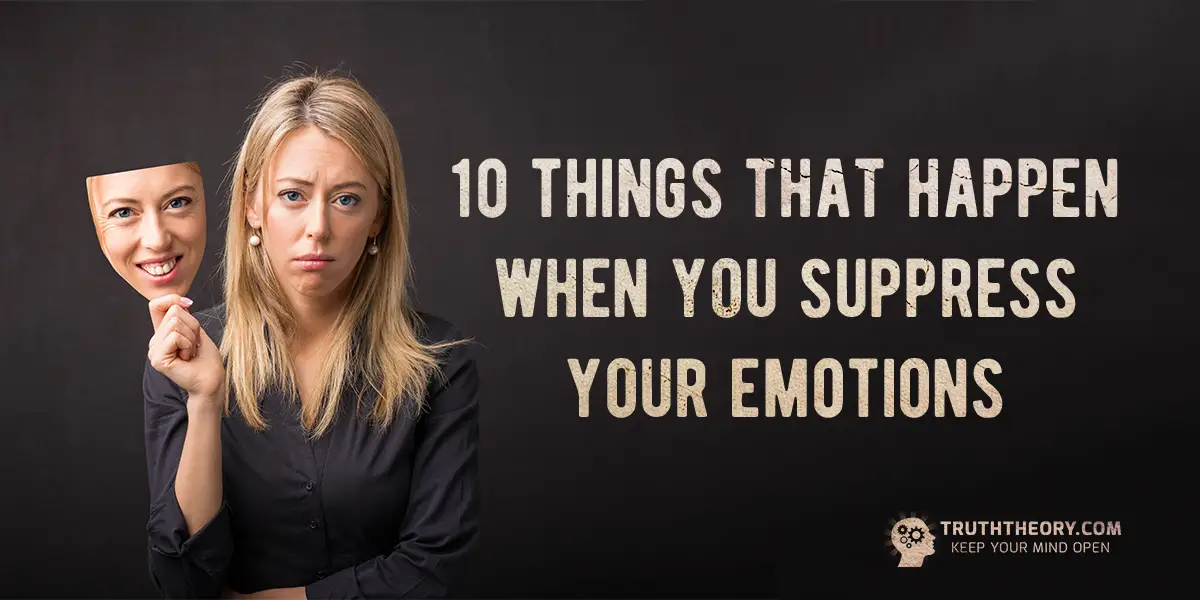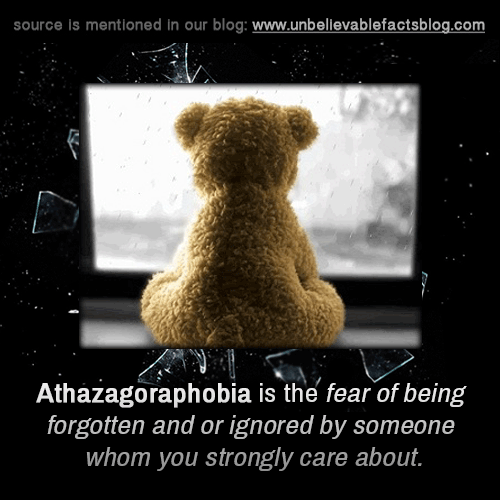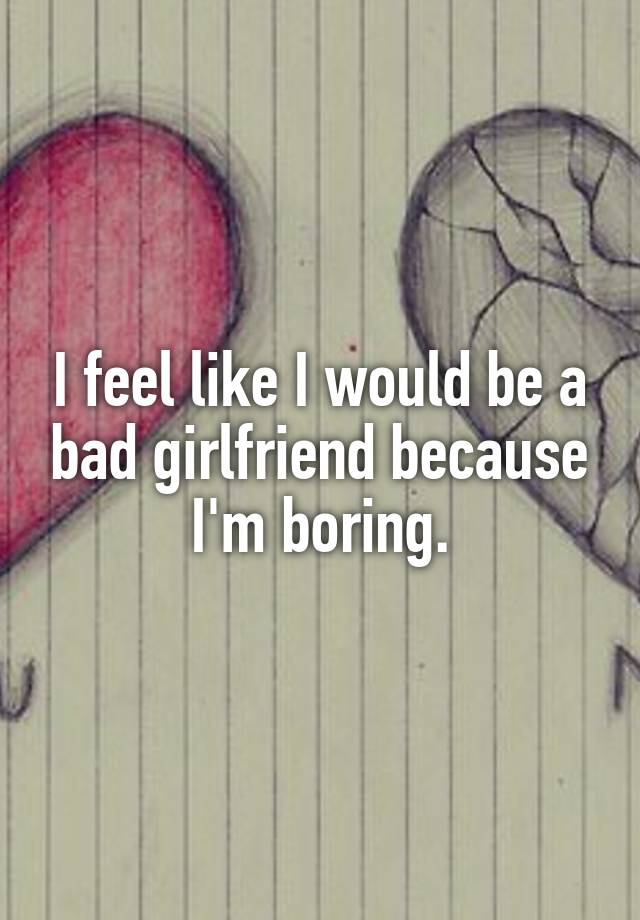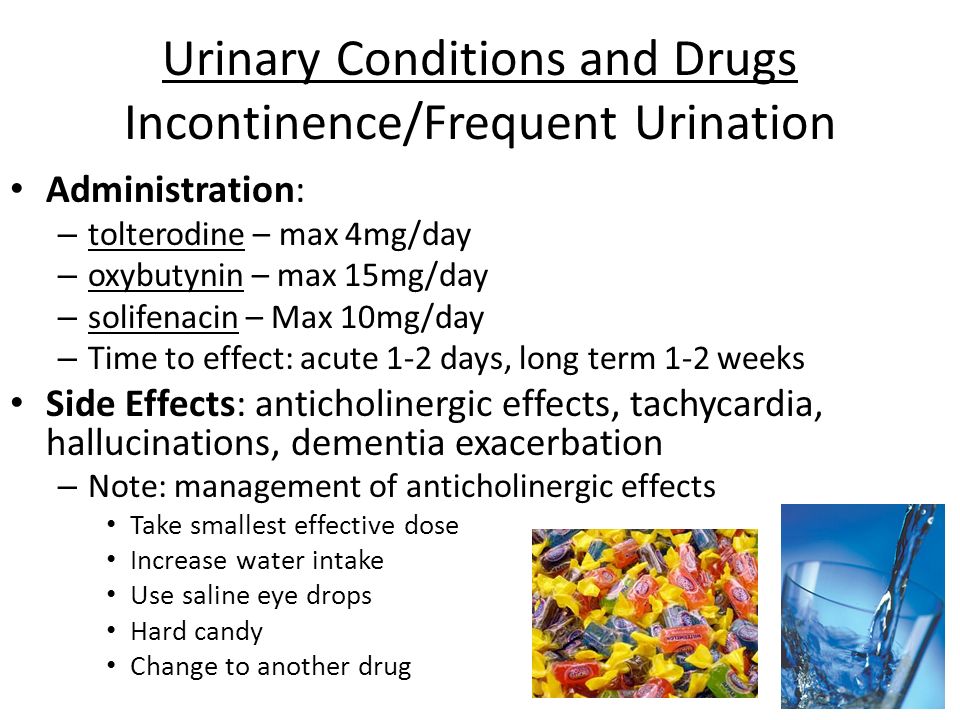Suppress your emotions
The dangers of suppressing emotions
Author: Claudia M. Elsig, MD
The interrelationship between mind and body has long been a fascination. In ancient Greece, Aristotle observed that emotions affect the body, and Greek physician Hippocrates held firm the belief that mental illnesses were the result of natural causes, not the supernatural as was widely believed at that time.
In recent decades, correlations have been more keenly observed between psychological conflicts, personality traits, and somatic* illness.1 Certainly in scientific literature, the links between suppressed emotions and physical health problems are now recognized. Generally, there is much greater acceptance of a holistic view of the individual. In many alternative health disciplines, emotional health is placed on a par with the physical.
Biochemistry explains how emotions share real biochemical links with your nervous, endocrine, immune and digestive systems. We know, for example, that fear raises cortisol levels, and that chronic and persistent activation of this survival mechanism impacts health. 2
Effective regulation of emotions helps us to cope and operate in everyday modern life, but what happens when emotions get suppressed?
What is emotional suppression?
Emotions, or psychological states, are our natural responses to the world around us. The many different types of emotions, include happiness, sadness, surprise, contempt, anger, fear and disgust. There are lots of different emotional states that we move in and out of as we go through the day.
Scientific research has uncovered 27 varieties of reported emotional experience.3 But we don’t usually fully express every emotion we feel. We often down-regulate, change, or even fully suppress feelings.
Emotional suppression happens when uncomfortable thoughts and feelings are pushed out of mind. People do this in a variety of ways, from using distraction (i.e. watching TV), or numbing (through drugs and alcohol), to overeating or controlling food intake. People often channel strong emotions into physical activity (i.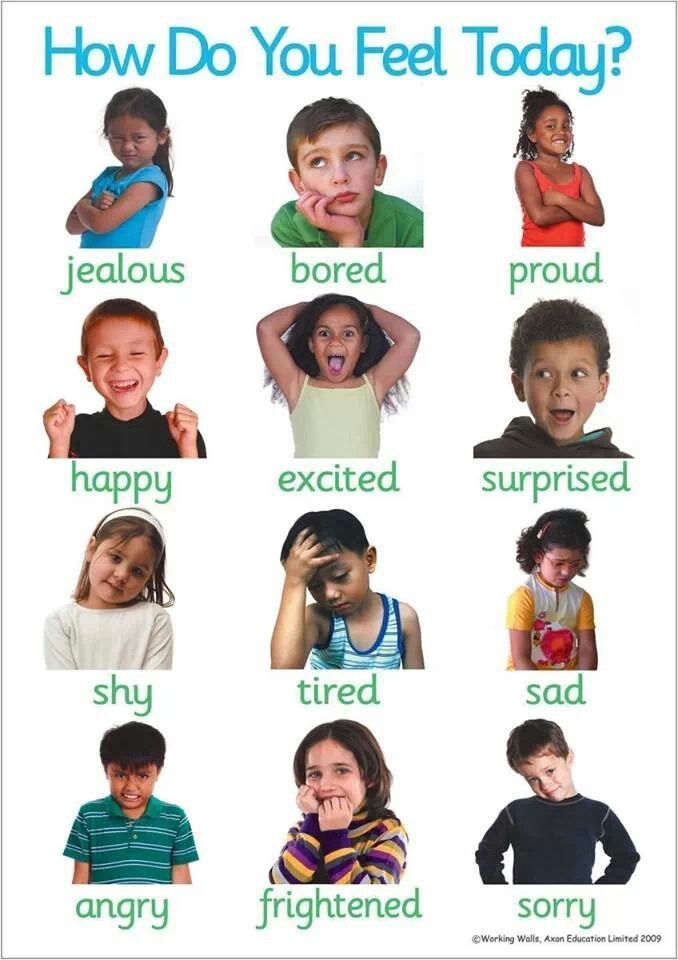 e. boxing, running, or going to the gym). Focusing our minds on something else helps us to forget what is really going on inside.
e. boxing, running, or going to the gym). Focusing our minds on something else helps us to forget what is really going on inside.
Evidence suggests that reappraising emotion (not the same as suppression) can be a good thing.4 Psychological flexibility is, after all, essential for coping. But emotion regulation is not aimed at eliminating emotions from our lives; it rather means using them flexibly and intelligently. This is to some degree essential. Imagine if we acted out every time that we felt angry! There would likely be many undesirable consequences in relationships at home and at work. Reappraising means we temporarily suppress feelings, but process thoughts later. When we don’t revisit – when we push feelings down – this is suppression.
Repressed emotions are those which don’t get processed and are pushed into the subconscious. These often relate to traumatic childhood experiences. If children experience trauma and aren’t given the space and care to process feelings, or if they are shamed or told they are wrong for expressing themselves, emotions become chronically suppressed.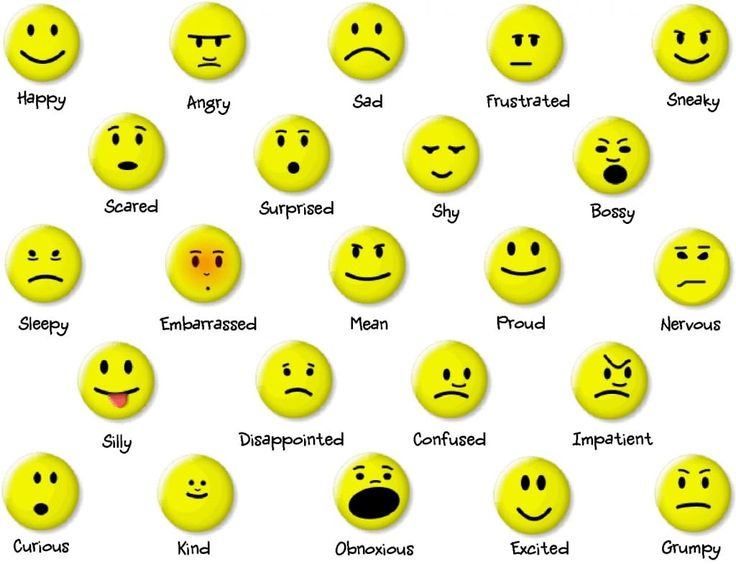
Importantly, emotions are suppressed, the feelings will continue to exist.
Why do we suppress emotions?
There are many reasons why people suppress emotions. It can be to avoid a potent or explosive feeling that is deemed socially unacceptable, or to replace an uncomfortable feeling with a more acceptable one. We are influenced by expectations from other people in our lives. Anxiety and depression commonly develop because of narcissistic abuse. Trauma victims often find past experiences too difficult to process or are told they are wrong to do so.
Emotional suppression or inhibition is a necessity for most people, some of the time; it enables us to cope. People are expected, for example, not to spend the day crying from sadness at work. Modern society demands that we suppress emotions. We must put a lid on feelings so we can perform, whether that be at work or to survive in a dysfunctional family. In public spaces we are expected to act respectfully. Shouting with anger is frowned upon and most people don’t have the tools or confidence to express anger in a different way.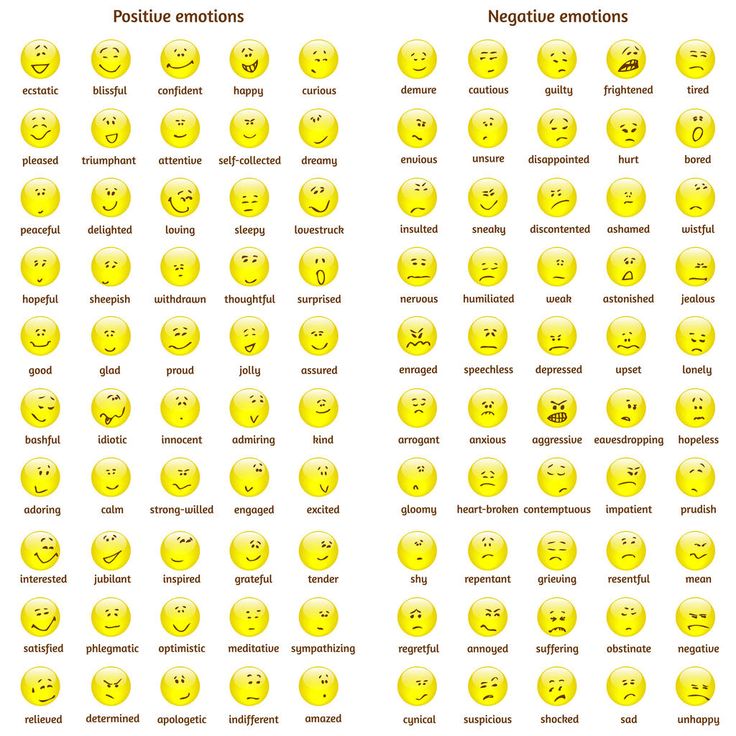
So, we suppress emotions to cope, to conform, because we are told to, to survive, because we are shamed, or because a trauma is just too painful to process.
What happens to suppressed emotions?
It is well known that suppressing emotions has a physiological impact on the body. Much of the time this is short-term and causes no lasting problems. But longer term, the continual suppression of emotions can have detrimental physical and psychological effects.
If you’ve ever had a deep tissue massage, you’ll know how stress can manifest itself in the tightening of muscles. Suppressed emotions stay in the body. The effects of suppressed emotions include anxiety, depression, and other stress-related illnesses. Such suppression can lead to alcohol and substance abuse. (Read more about the link between childhood trauma and addiction here.)
Individuals often suppress what they perceive to be ‘negative’ emotions as a way of avoiding distress. But continual emotional suppression requires effort and eventually this ‘effort’ can take its toll.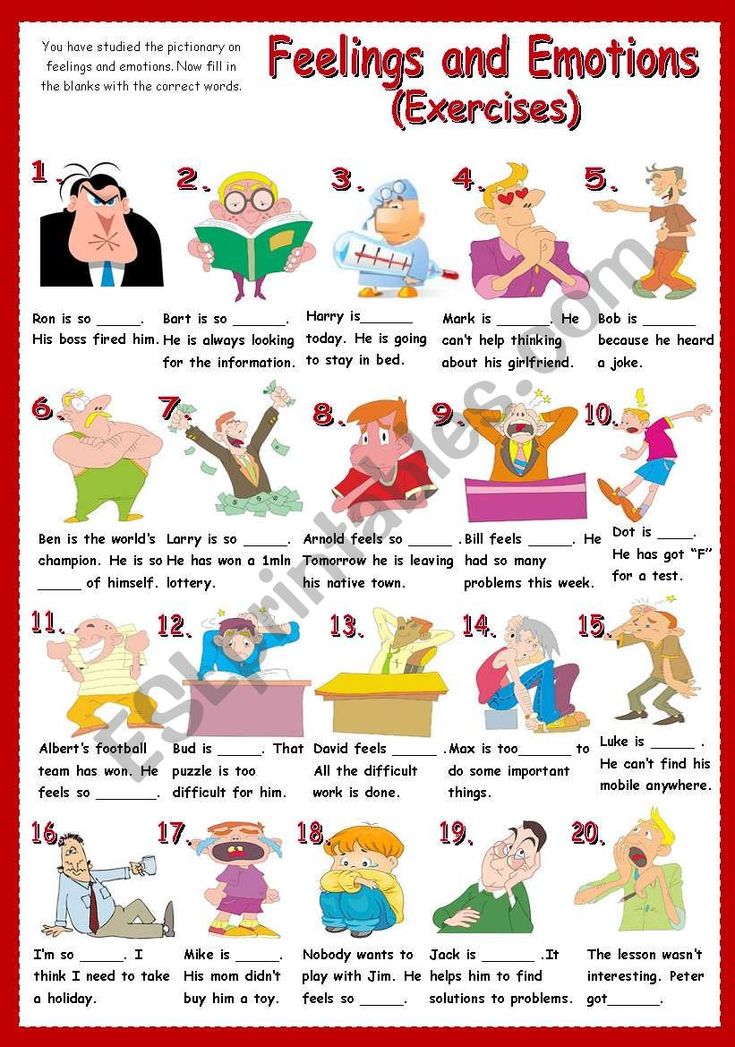 The effort increases sympathetic nervous system activity which can have unhealthy consequences.
The effort increases sympathetic nervous system activity which can have unhealthy consequences.
Research shows that bottling up emotions can make people more aggressive.5 Studies also show that effortful suppression of negative emotion has immediate and delayed consequences for stress-induced cardiovascular reactivity.6
Evidence for links between emotional suppression and mortality appeared initially in a Yugoslavian cohort study conducted in the 1970 by Grossarth-Maticeck.7 Long lasting hopelessness was independently associated with cancer, and anger with heart disease.
Another study on emotion suppression and mortality risk over 12 years of follow-up concluded that emotion suppression may convey risk for earlier death, including death from cancer.8
Strong emotions like jealousy, fear, anger, guilt or remorse, if suppressed, can have serious consequences.
The road to recovery at CALDA
Any person can reach a point in their life at which it seems they can no longer go on or they face great challenges.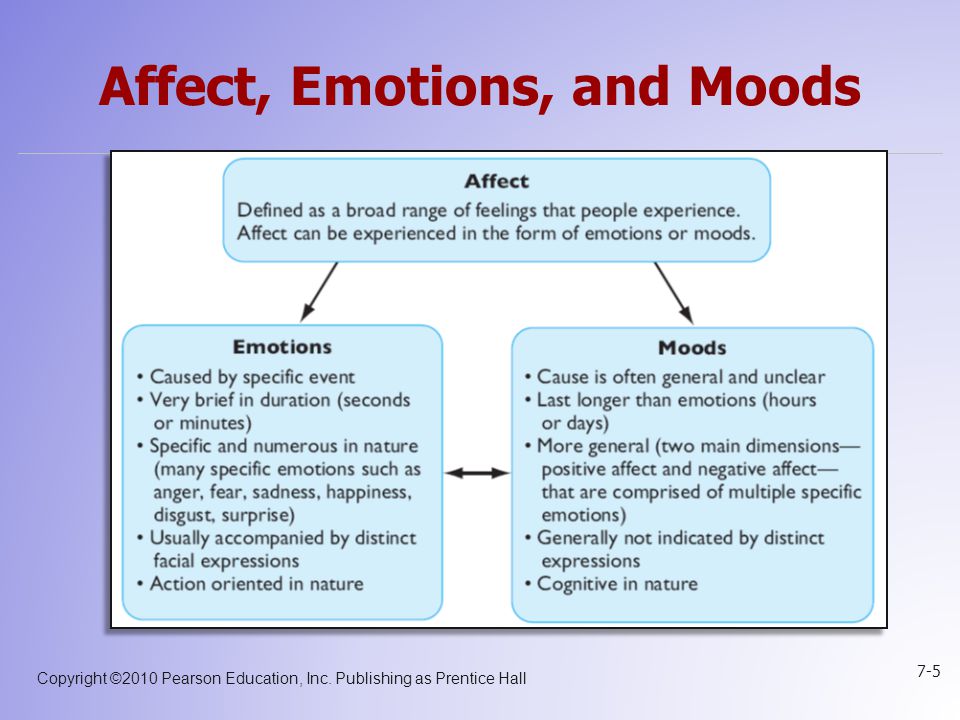 Traumatising childhood experiences, losses, separations, psychological or physical abuse as well as chronic stress can all be reasons for developing fears, depression, burnout, addictions or eating disorders. Sleeping disorders, flashbacks, weight problems and serious health risks can result. As shame, guilt and helplessness are difficult to endure, addictive substances like alcohol, tablets and drugs are often used to suppress painful emotions and thoughts.
Traumatising childhood experiences, losses, separations, psychological or physical abuse as well as chronic stress can all be reasons for developing fears, depression, burnout, addictions or eating disorders. Sleeping disorders, flashbacks, weight problems and serious health risks can result. As shame, guilt and helplessness are difficult to endure, addictive substances like alcohol, tablets and drugs are often used to suppress painful emotions and thoughts.
Our offer aims at personalities who seek a highly private, tailor-made rehabilitation program, in a luxurious and exclusive environment. We offer the utmost modern and state-of-the-art medicine in combination with premium hotel service and highest discretion to overcome trauma and strengthen resilience.
Our clients are self-payers, which is the basis to enabling absolute discretion and privacy. If you would like to know more, please get in touch.
Reference sources
- Martin M J. Nov 1978. Psychosomatics, Vol 19 Issue 11 Pages 697-70.
 Psychosomatic medicine: A brief history
Psychosomatic medicine: A brief history - Harvard Health Publishing. 6 Jul 2020. Understanding the stress response
- Cowen A S and Keltner D. 2017. PNAS September 19, 2017 114 (38). Self-report captures 27 distinct categories of emotion bridged by continuous gradients
- Llewellyn N et al. Aug 2013. Emotion. Reappraisal and Suppression Mediate the Contribution of Regulatory Focus to Anxiety in Healthy Adults.
- Science Daily. 24 Mar 2011. Psychologists find the meaning of aggression: ‘Monty Python’ scene helps research
- Quartana P and Burns J. Sep 2010. Emotion suppression affects cardiovascular responses to initial and subsequent laboratory stressors
- Grossarth-Maticek R et al. Journal of Psychosomatic Research. 1985;29(2):167-76, Psychosocial factors as strong predictors of mortality from cancer, ischaemic heart disease and stroke: the Yugoslav prospective study
- Chapman B P et al. J Psychosom Res. Oct 2013 Oct; 75(4): 381–385. Emotion Suppression and Mortality Risk Over a 12-Year Follow-up
How to Regulate Your Emotions Without Suppressing Them
Scroll To TopHow to Regulate Your Emotions Without Suppressing Them
Suppressing your emotions may not be as effective as you think.
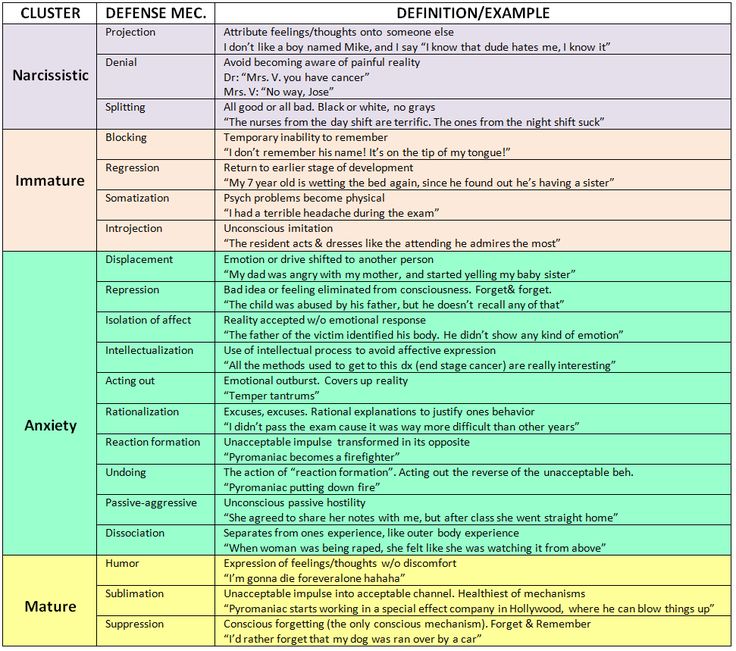 By Margaret Cullen | January 30, 2020
By Margaret Cullen | January 30, 2020 Emotional intelligence (EQ) is a key predictor of mental health. Our EQ refers to our ability to be aware of, regulate, and express our emotions and to understand, and respond skillfully, to the emotions of others. Regulating emotions, especially big, difficult emotions, takes care and practice. EQ is not something that everyone naturally has, but it can be learned and nourished with research-backed strategies, many of which include an element of mindfulness.
But a word of caution: Not all emotional regulation strategies are created equal.
Emotion suppression, for example, consists of “inhibiting the outward signs of your inner feelings.” Professionals in high-stress jobs (doctors, police, military) are often taught that emotional suppression is an effective strategy for emotional regulation, in spite of plentiful research suggesting otherwise.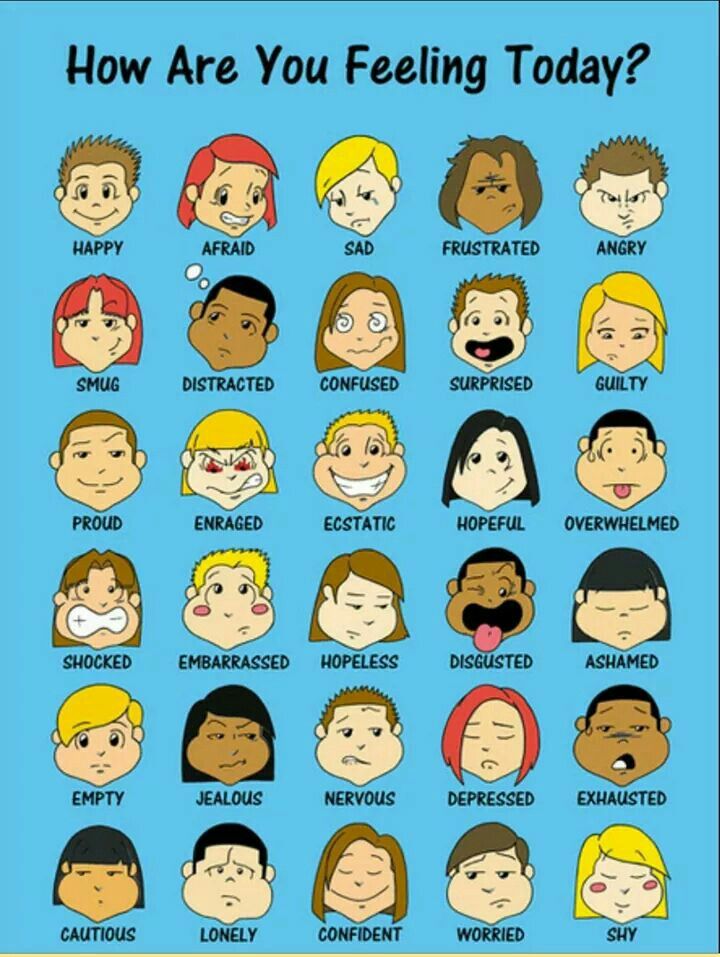 Studies have shown that suppressing emotions actually endangers your health and well-being, both physically and psychologically. Emotional suppression (having a stiff upper lip or “sucking it up”) might decrease outward expressions of emotion but not the inner emotional experience. In other words, suppression doesn’t make the emotion go away, it just stays inside you causing more pain.
Studies have shown that suppressing emotions actually endangers your health and well-being, both physically and psychologically. Emotional suppression (having a stiff upper lip or “sucking it up”) might decrease outward expressions of emotion but not the inner emotional experience. In other words, suppression doesn’t make the emotion go away, it just stays inside you causing more pain.
How to regulate, not suppress, your emotions
Advertisement XMeet the Greater Good Toolkit
From the GGSC to your bookshelf: 30 science-backed tools for well-being.
When it comes to regulating difficult emotions, there are two ways most people respond: They act out or they suppress. If you act out with a strong emotion like anger, you will most likely create undesirable consequences in your relationships, your work, and even your play. The ripple effects of acting out usually provoke more anger around you, which leads to more difficulty. The consequences of suppressing those big emotions can be even more dangerous.
What many people aren’t aware of is that there’s another way to regulate our emotions: Feel the feeling in real time.
On one level, emotions are like energy waves, varying in shape and intensity, just like ocean waves. Their nature is to arise and pass away pretty quickly, like all natural phenomena. If you attempt to interrupt this process, through acting out or suppressing, several things can happen.
Tragically (and ironically), efforts to “talk yourself out of your emotions” often result in “increased rumination and perseveration.” In other words, you will keep thinking about and holding onto those emotions you’re trying to avoid. Anyone who’s had a deep-tissue massage has empirical evidence for how the body holds suppressed feelings. Suppression gets held in the body and creates a host of downstream effects, including anxiety, depression, stress-related illness, all the way to substance abuse and suicide.
How mindfulness helps you feel your emotions in real time
Research into emotional regulation suggests that mindfulness-based interventions (MBIs) can be helpful. I have had the privilege of teaching adaptations of a program called Mindfulness-Based Emotional Balance (MBEB) to physicians, police officers and elite military (Joint Special Operations Command). In each setting, these highly trained professionals are explicitly instructed to either suppress, deny, or compartmentalize their challenging emotions in order to function effectively in high-stress jobs—jobs that involve significant exposure to the kinds of suffering likely to trigger strong emotions. In fact, participants often reported with pride their ability to completely “turn off” their feelings either at work or at home.
I have had the privilege of teaching adaptations of a program called Mindfulness-Based Emotional Balance (MBEB) to physicians, police officers and elite military (Joint Special Operations Command). In each setting, these highly trained professionals are explicitly instructed to either suppress, deny, or compartmentalize their challenging emotions in order to function effectively in high-stress jobs—jobs that involve significant exposure to the kinds of suffering likely to trigger strong emotions. In fact, participants often reported with pride their ability to completely “turn off” their feelings either at work or at home.
-
Learn MBEB
For the first time, MBEB, an evidence-based program, will be offered live online beginning February 13, 2020. You can explore a range of mindfulness-based practices to increase your understanding and regulation of challenging emotions like fear and anger, and cultivate wholesome emotions like kindness, forgiveness, and compassion.
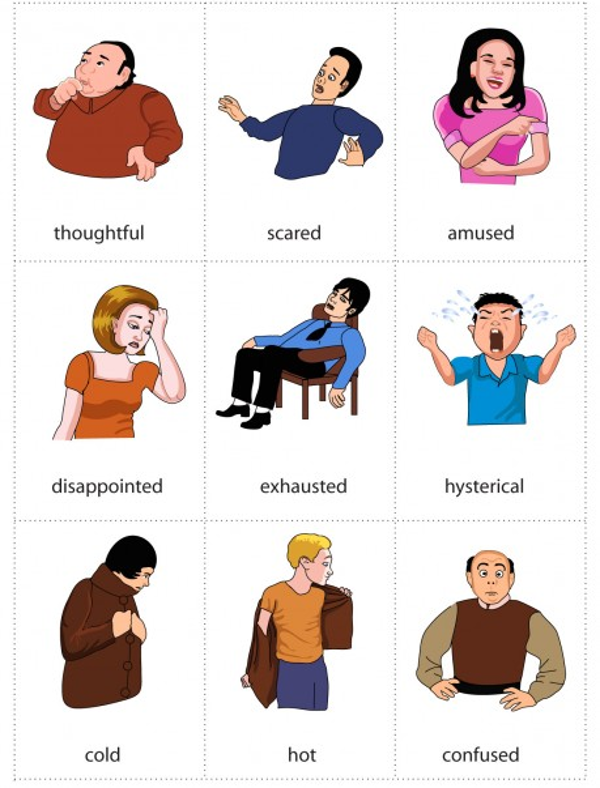
At the same time, these professions report some of the highest incidences of both suicide and substance abuse. Although correlation doesn’t imply causation, it is interesting to note that these specific populations, whose jobs involve acute exposure to difficult emotions, and who have been generally taught to deal with emotions by suppressing them, demonstrate such high degrees of clinical distress.
We encountered boatloads of skepticism and resistance when we suggested to these highly trained, high-stress professionals that they “just feel their emotions in real time.” There was no way to convince them, other than to invite them to test it out in the “laboratory” of their own lives. Anecdotally, reports from Green Berets, veteran police detectives, and neurosurgeons included better sleep, increased job satisfaction, closer connections to colleagues, reduced headaches, and, most surprisingly to them, improved job performance.
MBEB combines the tried-and-true methods for training in mindfulness from the Mindfulness-Based Stress Reduction (MBSR) program with a particular focus on emotions, bringing in the latest emotion theory as well as heart practices that aren’t typically a part of MBSR (forgiveness, compassion, kindness). Challenging emotions like anger and fear are explored both cognitively and viscerally, creating increased tolerance for—and reduced interference with—the normal flow of these constantly changing phenomena.
Challenging emotions like anger and fear are explored both cognitively and viscerally, creating increased tolerance for—and reduced interference with—the normal flow of these constantly changing phenomena.
This article was originally published on Mindful.org, a nonprofit dedicated to inspiring, guiding, and connecting anyone who wants to explore mindfulness. View the original article.
Greater Good wants to know: Do you think this article will influence your opinions or behavior?
Submitting your rating
Get the science of a meaningful life delivered to your inbox.Submit
About the Author
You May Also Enjoy
Comments
Suppression of emotions: creation or self-destruction
Once upon a time, Internet expanses bypassed the description of a real incident that occurred in public transport.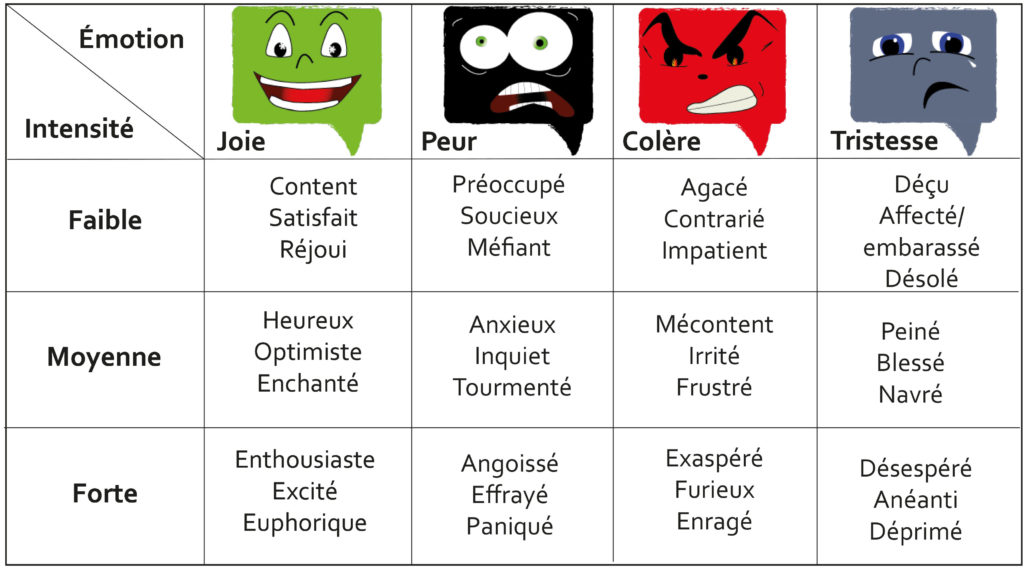 In short, the bottom line is that the young mother refused to calm the capricious, heart-rendingly screaming and disturbing other passengers baby, because “it is harmful to suppress emotions, and she brings up a child without forbidding him to express his emotions.” Then a young man approached this unfortunate mother and pasted chewing gum on her forehead. In response to his mother's outburst of indignation, he calmly explained that his parents raised him that way, not forbidding him to express emotions, because it is harmful to suppress emotions. nine0003
In short, the bottom line is that the young mother refused to calm the capricious, heart-rendingly screaming and disturbing other passengers baby, because “it is harmful to suppress emotions, and she brings up a child without forbidding him to express his emotions.” Then a young man approached this unfortunate mother and pasted chewing gum on her forehead. In response to his mother's outburst of indignation, he calmly explained that his parents raised him that way, not forbidding him to express emotions, because it is harmful to suppress emotions. nine0003
Raising children is a separate and rather extensive topic. But violent emotions from time to time "burst" and adults. You will receive detailed instructions on what and how to do in such cases on our Psychic Self-Regulation program. Today we will talk about the suppression of emotions, the consequences of the suppression of emotions and everything that accompanies this action.
Suppression of emotions: psychology
First, let's look at how the suppression of emotions is defined in psychology.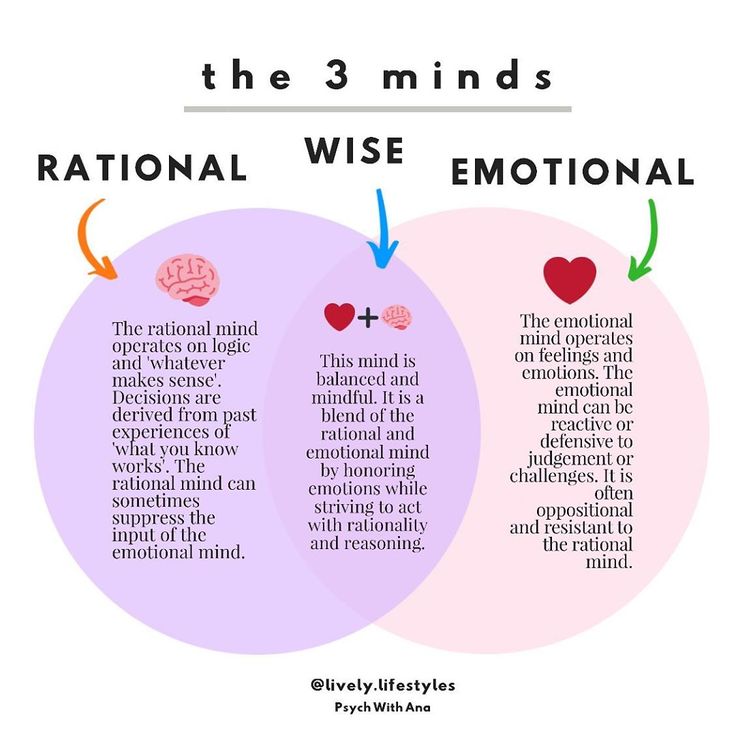 Suppression of emotions is an active influence on emotions in order to prevent their violent manifestation, a mental process in which a person does not allow his emotions to manifest. Psychologists identify a variety of reasons for the suppression of emotions [initium, 2021]. nine0003
Suppression of emotions is an active influence on emotions in order to prevent their violent manifestation, a mental process in which a person does not allow his emotions to manifest. Psychologists identify a variety of reasons for the suppression of emotions [initium, 2021]. nine0003
Top 7 reasons why people suppress emotions:
- Existing rules of behavior in "decent society".
- "Out of sync" with the emotions of others and fear of condemnation.
- The need to "save face" in a dispute.
- Unwillingness to get involved in a long showdown with lawsuits.
- Fear of offending a loved one with one's reaction.
- The need to endure someone or something for the sake of material goods, social status, or to be "like everyone else." nine0018
- Inability to solve problems on their own and dependence on people who deliver negative emotions.
Where is the line between social behavior, regulation of emotions so that you are perceived as an adequate person, and suppression of emotions? In fact, psychologists tend to separate such concepts as "suppression of emotions" and "restraint in emotions" [I.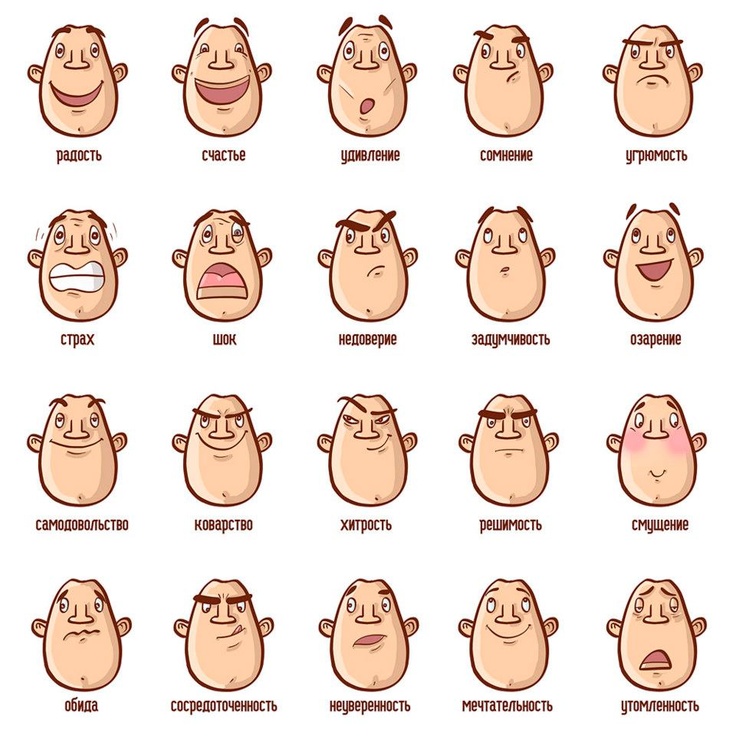 Udilova, 2020].
Udilova, 2020].
Restraint in situations where a violent display of emotions is inappropriate is a sign of psychological maturity, civility and, as a rule, the presence of psychological self-regulation skills. nine0003
But the suppression of emotions is when, in principle, emotions do not find an outlet and a person, as they say, “cannot relax” at all. Often a person may not realize that his whole life is an attempt to contain the already raging ocean of anger, hatred, anger and aggression, which require an immediate exit. Yes, when it comes to suppressing emotions, it usually means suppressing negative emotions.
Of course, trying to hold back laughter during a lecture when a student quietly reads jokes on the phone can also be partly attributed to the suppression of emotions, because simply holding back may not “work”. With even greater certainty, this can be attributed to the level of intellectual development of the student, because an intelligent person will try to avoid external stimuli that cause a violent and inappropriate reaction in the current circumstances. nine0003
nine0003
In our mentality, situations are quite common when people have to restrain and even suppress positive emotions. For example, the joy that a neighbor's cow died, and now he is the same beggar as his neighbors-loafers.
Or happiness from the fact that a pretty neighbor and a professional housewife with 10 years of experience was abandoned by her husband, and now let him, like everyone else, go to work for the minimum wage from 9 to 18. It is not worth dwelling on the ethical side of such “positive” emotions Let's just state the fact that they exist. nine0003
And, by the way, experts believe that excess joy can harm health no less than an excess of negativity. Read more about this in the article “How to get rid of feelings of joy. Why it is dangerous to suppress emotions: says a psychotherapist" [V. Pisarev, 2021]. We will talk more specifically about the suppression of emotions in the context of the consequences a little later, but for now we will continue to consider the psychological aspects of this phenomenon.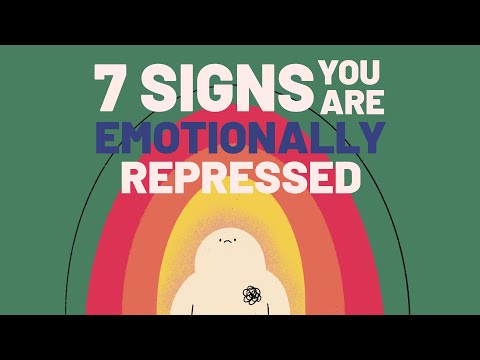
In general, suppression differs from containment in that when suppressed, a person practically cannot control his mood, so emotions simply have to be “crushed” so that they remain inside and unnoticed by others. Restraint involves mastering the techniques of self-control and demonstrating those emotions that are more appropriate at the moment, and not those that actually exist. nine0003
Outwardly, there is not much difference between suppression and containment. Such subtle observation is available to a few, but only to those who have worked on it purposefully. For example, on our Profiling program. And many do not understand how to distinguish restraint from the suppression of emotions and feelings within oneself.
Signs of suppression of emotions
So, how to recognize if you are suppressing emotions within yourself? Psychologists advise to pay attention to some aspects of your behavior, which may indicate that you tend to suppress emotions and feelings [D.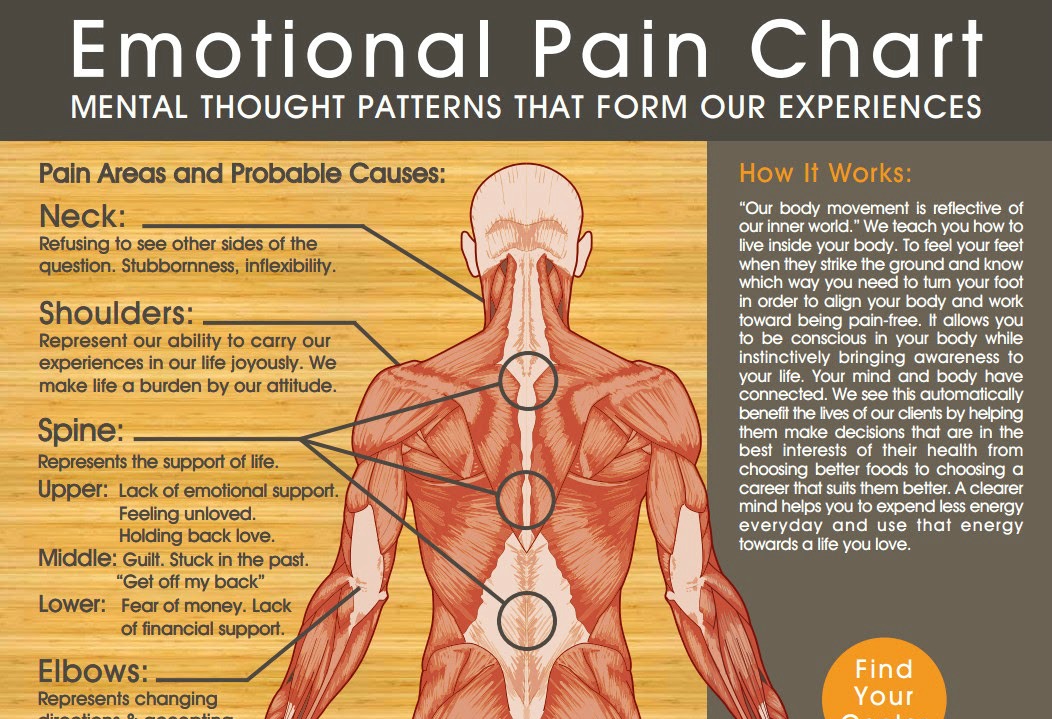 Colbert, 2019].
Colbert, 2019].
Behavior with signs of suppression of emotions:
- Perfectionism is how a person protects himself from potential criticism and worries due to failure.
- The desire to control everyone and everything - this is how a person tries to protect himself from everything unforeseen, including uninvited emotions.
- Self-doubt and constant self-criticism - this helps to do nothing and guarantee yourself the absence of negative emotions in case of a miss.
- Constant cynicism and irony - an excellent self-defense from one's own problems, the ability not to feel resentment and other negative. nine0018
- Sexual promiscuity - the desire to quickly get a feeling of love and security, while not building a serious relationship and not suffering from the difficulties that arise along the way.
- Excessive emotionality - too violent a reaction to neutral, in fact, stimuli, such as a lyrical song, book, play, the smell of some perfume or flowers, may be an indicator of the presence of emotions that have not found a timely release.
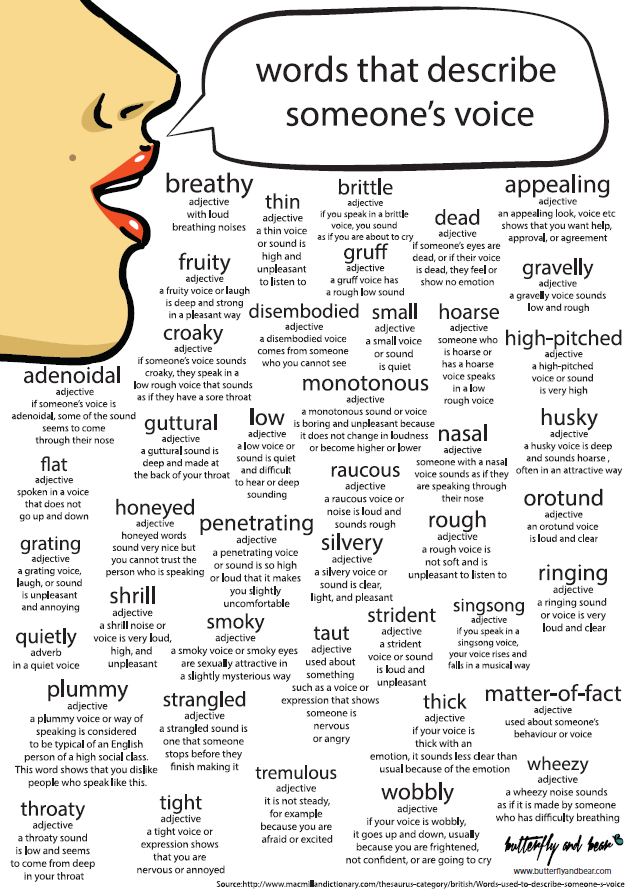
On the last point, it is worth clarifying that if you cried when you watched the movie "White Bim, Black Ear" as a child, this in no way indicates a mental problem. Rather, on the contrary, because it is normal for a person to empathize with the heroes of a film, book, play. If a person is thrown into tears at every scene of mental suffering in the next passing television series, it’s time to think about it. nine0003
If even harmless things in themselves, such as smells or sounds, act as irritants of emotions, this is a reason to turn to a psychologist or psychotherapist. If a sound or scent triggers emotions, it could be a sign of post-traumatic stress disorder (PTSD for short) that needs to be targeted.
There are other signs that you are repressing your emotions [M. Krylova, 2020]. They overlap in many ways with the ones above. However, simpler formulations, perhaps, will help someone quickly deal with their problems. nine0003
Top 6 signs that you are suppressing emotions:
- Always avoid confrontation - no, this is not a sign that you are a very cultured and well-mannered introvert, it means that you do not know how to defend your point of view, to conduct a dialogue , listen to others, and all this drives you into deep stress.
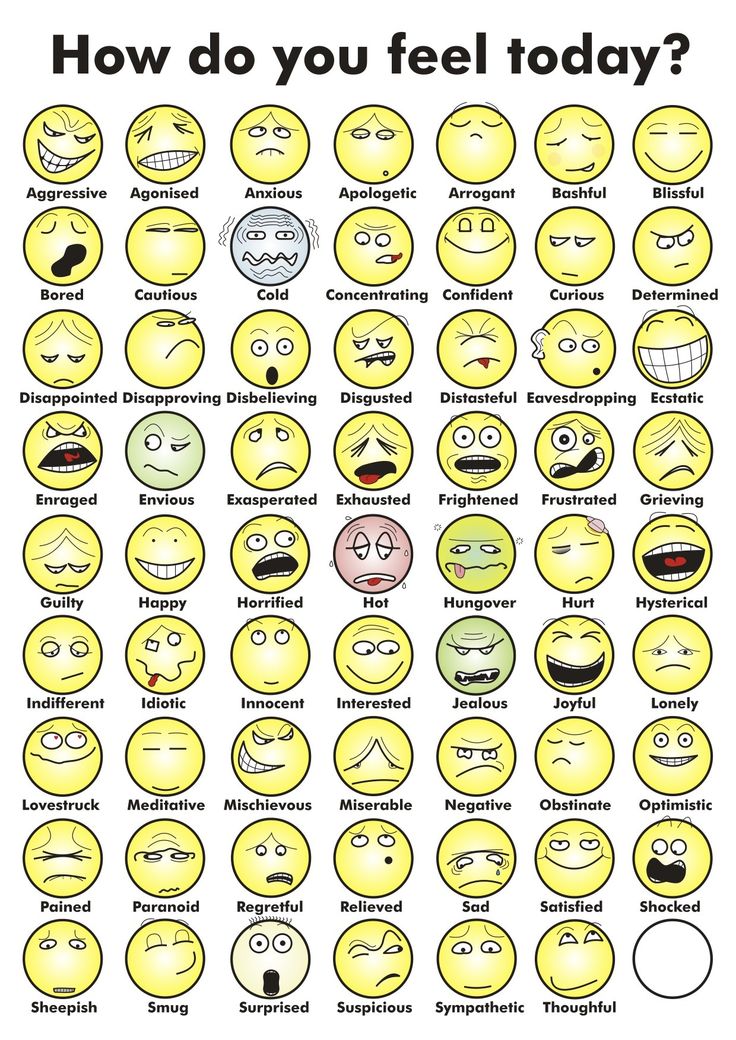
- Be afraid to show your weaknesses - all people are not perfect, and not to admit the obvious even in the circle of close people is nonsense.
- Explode because of the little things - a traffic jam, spilled coffee, an unexpected phone call. This is a sign of the suppression of negative emotions or the so-called "cumulative emotions" that have not found an outlet before. nine0018
- No longer feeling "you" - it's not about the times when you smile and say compliments to please someone. We are talking about cases when you no longer remember the last time you behaved naturally and naturally, without thinking about what they would think or say about you.
- Constantly worrying - at work, at home, in company, when you are silent, although you need to say something, and when you speak, because suddenly you will say something wrong.
- You feel uncomfortable around people who violently express their emotions - of course, this is not about a drunken brawl in a public place.
 If a person is annoyed by people who allow themselves to laugh when it's funny, to rejoice when it's joyful, to be sad when it's sad, this is a sufficient sign that the person himself stably suppresses his emotions. nine0018
If a person is annoyed by people who allow themselves to laugh when it's funny, to rejoice when it's joyful, to be sad when it's sad, this is a sufficient sign that the person himself stably suppresses his emotions. nine0018
If all of the above signs lead you to some thoughts and doubts, you can take an emotion suppression test [Testometrika Team, 2018]. Let us clarify that any result of any psychology test is purely advisory in terms of what you should pay attention to.
If you do not agree with the result or, conversely, need a more detailed consultation, you should contact a psychologist or psychotherapist. Or at least take our Mental Self-Regulation Program. It is imperative to turn or go through, because the permanent suppression of emotions is far from harmless. nine0003
What does the suppression of emotions lead to?
The topic of suppression of emotions in the scientific world has been studied for a long time. So, back in the 90s of the last century, attempts were made to understand as deeply as possible what happens when negative emotions are suppressed, how it affects the physiological processes in the body [J.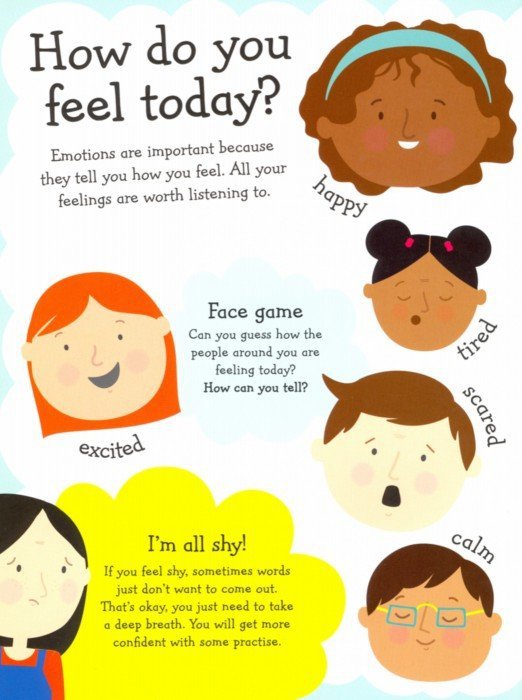 Gross, R. Levenson, 1993].
Gross, R. Levenson, 1993].
In principle, on a subjective level, most of us notice that if you have to restrain very strong emotions, the sensations are not the most comfortable. The same notorious “lump in the throat” and the feeling of “sucking in the stomach” may indicate muscle spasms. nine0003
But after playing sports, dancing, playing football or watching a funny movie, you almost physically feel that you have managed to “relieve” tension. The harm of suppressing emotions and the benefits of being able to discharge emotionally are also confirmed by scientific research.
According to the current situation, doctors and psychologists believe that the suppression of emotions leads to emotional exhaustion, stress and, in the long run, to serious illnesses. Moreover, as a result of a long 12-year scientific study, a direct relationship has been established between the suppression of emotions and the risk of increased mortality [B. Chapman et al., 2013]. nine0003
Recent research has shown that suppression of emotions can lead to eating disorders and, as a result, to health problems caused by malnutrition [I.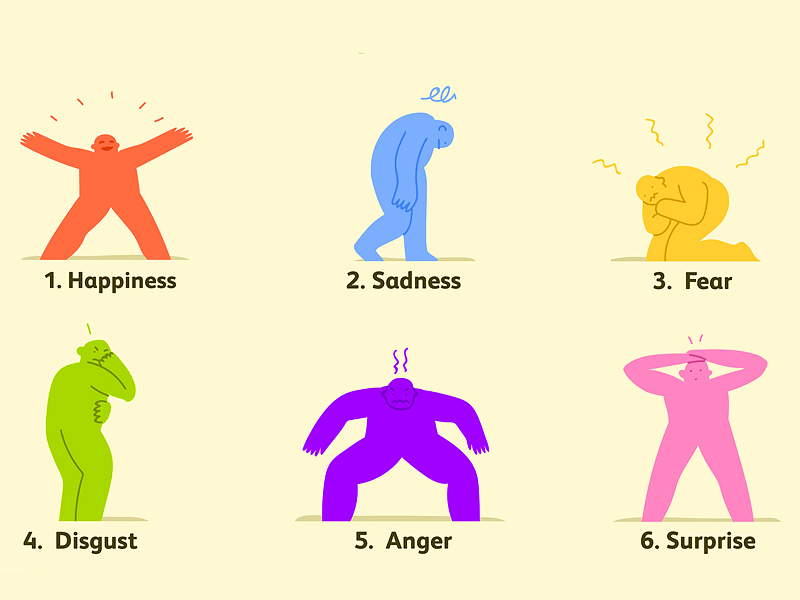 Wolzet al., 2021].
Wolzet al., 2021].
In general, from 38% to 42% of all diseases with which people turn to doctors are caused, to one degree or another, by psychosomatic factors [L. Pradedova, 2020]. In particular, such as chronic stress, emotional tension, prolonged experience of negative emotions. All these are constant companions of the suppression of emotions. As the Russian scientist-physiologist, Academician Konstantin Bykov aptly noted, “sadness that does not result in tears makes other organs cry.” nine0003
How exactly are emotions and health related? What happens when negative emotions are suppressed - the answer is in the article of Nikolai Kozlov, Doctor of Psychology, Professor, Rector of the University of Practical Psychology (Moscow) [N. Kozlov, 2019].
Firstly, when the danger is realized, additional portions of adrenaline, thyroxine and cortisol are thrown into the blood. If a person acts in accordance with the prescribed nature of "fight or flight", adrenaline "burns out" and does no harm to the body.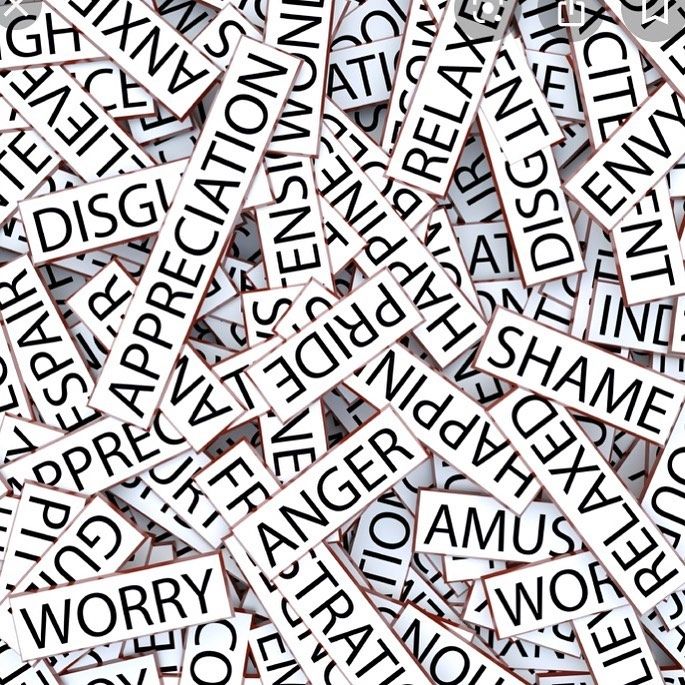 If not, then the person remains with high blood pressure and a rapid pulse, which is not good for health. nine0003
If not, then the person remains with high blood pressure and a rapid pulse, which is not good for health. nine0003
Accumulation of thyroxin without further release is also not harmless. Thyroxine enhances metabolism, which gives additional energy. If a person does not spend it, a permanent feeling of anxiety arises, sleep disturbances and other physiological processes that depend on metabolism begin.
In turn, cortisol increases blood sugar levels, promotes the production of glucose, which gives a burst of energy. Having spent energy, a person spends glucose and normalizes sugar, and having restrained the reaction, he remains with high blood sugar. nine0003
In addition, in case of danger, the level of prothrombin and leukocytes in the body increases, which makes the blood thicker and protects against severe bleeding and blood loss in case of physical injury. At the end of the dangerous episode, everything returns to normal. And if the situation has not been resolved, the level of prothrombin and leukocytes does not fall, which is fraught with thrombosis.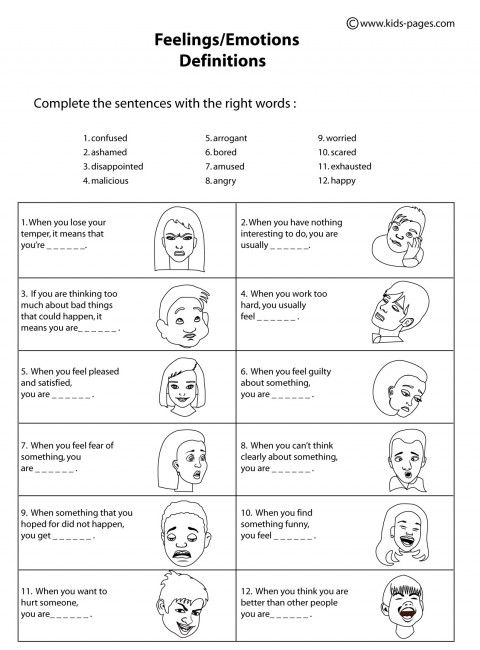
All of the above with prolonged exposure can lead to stroke, heart attack, problems with the blood supply to internal organs. The most sensitive of these is the stomach, and a stomach ulcer is a private companion of nervous people who do not know how to deal with emotions in a civilized way. nine0003
As for the actual psychological aspects, it has been proven that people who suppress their emotions experience less positive emotions as such, worsen relationships with others and reduce the quality of their own lives [N. Kelley et al., 2019].
Does this mean that the suppression of emotions is always unambiguously bad, and one must always give vent to feelings? In fact, not everything is so simple. In the article “Is it harmful to accumulate anger in yourself?” the so-called "physiology of anger" and the consequences of negative emotions for health [K. Hammond, 2014]. nine0003
It turned out that the fine line between any extreme assessments like “good or bad”, “useful or harmful” lies exactly in the plane of the difference between restraint in emotions and suppression of emotions.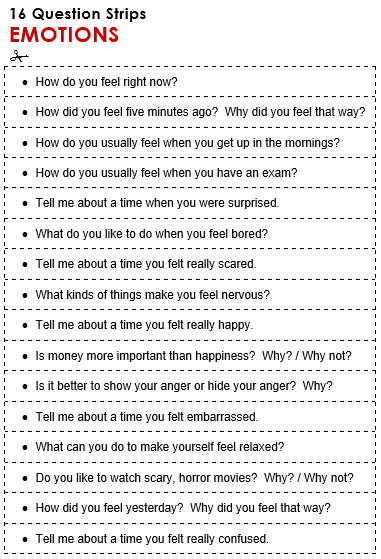 People who are unrestrained, who do not know how to behave in society and allow themselves rude antics, turned out to be more prone to cardiovascular diseases and heart attacks.
People who are unrestrained, who do not know how to behave in society and allow themselves rude antics, turned out to be more prone to cardiovascular diseases and heart attacks.
If incontinence is due to mental disorders, drugs are needed to suppress emotions - anger, aggression, irritability. Of course, pills to suppress emotions should be prescribed exclusively by a doctor. nine0003
Often the so-called "mental" disorders and alleged inability to control oneself are purely speculative. These "not able to keep their emotions to themselves" never open their hands against people who are physically stronger than them and can fight back. This in itself is sufficient evidence that the "mentally disturbed" are quite capable of adequately assessing the situation.
As an example, many cite the leader of the Liberal Democratic Party, Vladimir Zhirinovsky. Starting from the 90s of the last century, few massacres within the walls of the State Duma of Russia did without his participation.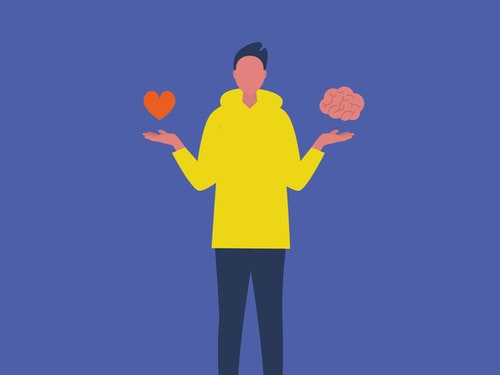 Many showdowns was initiated by Vladimir Volfovich himself:
Many showdowns was initiated by Vladimir Volfovich himself:
However, especially observant viewers who follow all the vicissitudes of Duma life claim that after the former heavyweight boxer Nikolai Valuev entered the Duma, Zhirinovsky's antics in the legislative assembly became less extravagant and mostly verbal. And the LDPR leader prefers not to suppress his emotions, but to "shake" them in other places, still using his fists. For example, at rallies:
But back to the “physiology of anger” and the consequences of negative emotions for health [K. Hammond, 2014]. It has been noticed that among people who tend to independently suppress any of their negative emotions, many suffer from high blood pressure, which is also bad for the heart. Thus, we can conclude that everything needs a balance.
Thus, we can conclude that everything needs a balance.
In fact, both permanent suppression of emotions, when a person cannot relax and give vent to feelings, and unbalanced behavior, when a person constantly “loses his temper”, are equally harmful. nine0003
As we remember from the previously discussed signs of suppression of emotions, excessive emotionality and a violent reaction to all sorts of little things in life can be evidence that a person has been suppressing his true emotions for a long time.
What should I do to avoid becoming a victim of my own repressed emotions? What if you still don’t understand where the line between “restrain” and “suppress” is, but you feel uncomfortable? Let's turn to the advice of experts!
Suppression of emotions: how to prevent self-destruction? nine0009
So, what do psychotherapists advise us to do? In the first places are traditional and almost universal tips on how to get back to normal: sports, a warm relaxing bath before going to bed, meditative and breathing practices [V.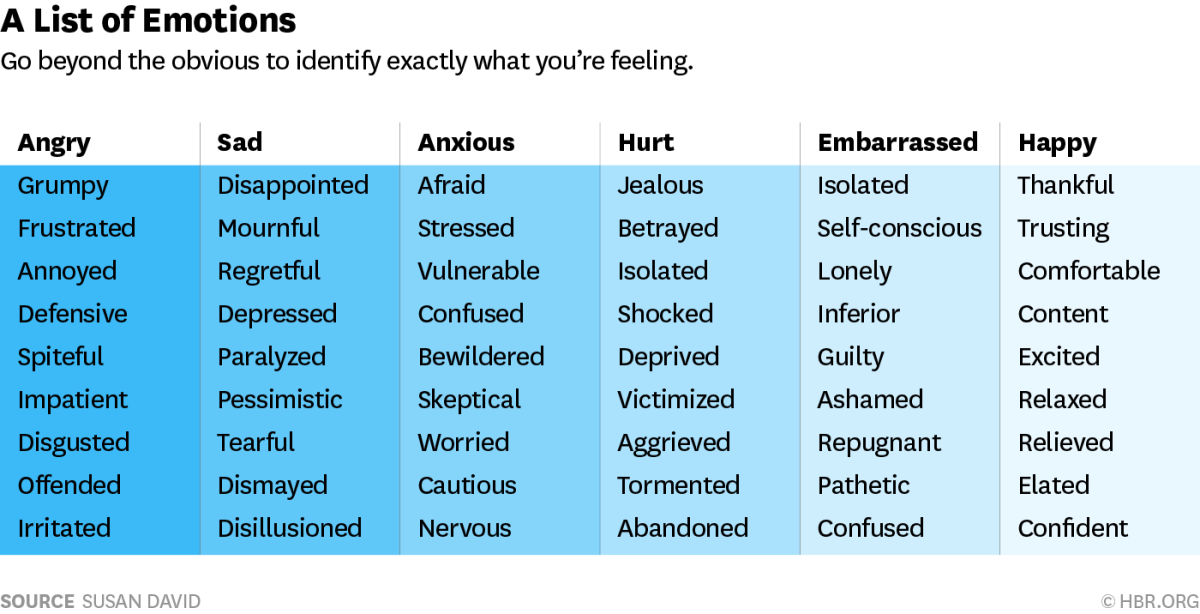 Pisarev, 2021].
Pisarev, 2021].
In addition, the very fact of having close people and a peaceful home environment will help to avoid burnout and self-destruction. Then everything that is a source of negativity and tension simply remains outside the threshold of the house, a person gets rid of tension, and hence from far-reaching consequences, even if at the moment there is no way to change, for example, the negative environment at work. nine0003
The coolest thing is not to allow emotional tension at all, in which normal relaxation and a normal balance of emotions are impossible. But this is already a high level for yoga and meditation practitioners.
General advice on how to process an emotion can also help [M. Bagaeva, 2020].
Rethinking emotions and suppressing emotions are often only two facets of the same process, which is worth taking the time to find a constructive solution to the problem.
Other tips worth listening to from an expert practitioner in the field of personal and team development Marina Bagaeva:
- It is better to draw an emotion with your left hand and/or with your eyes closed.
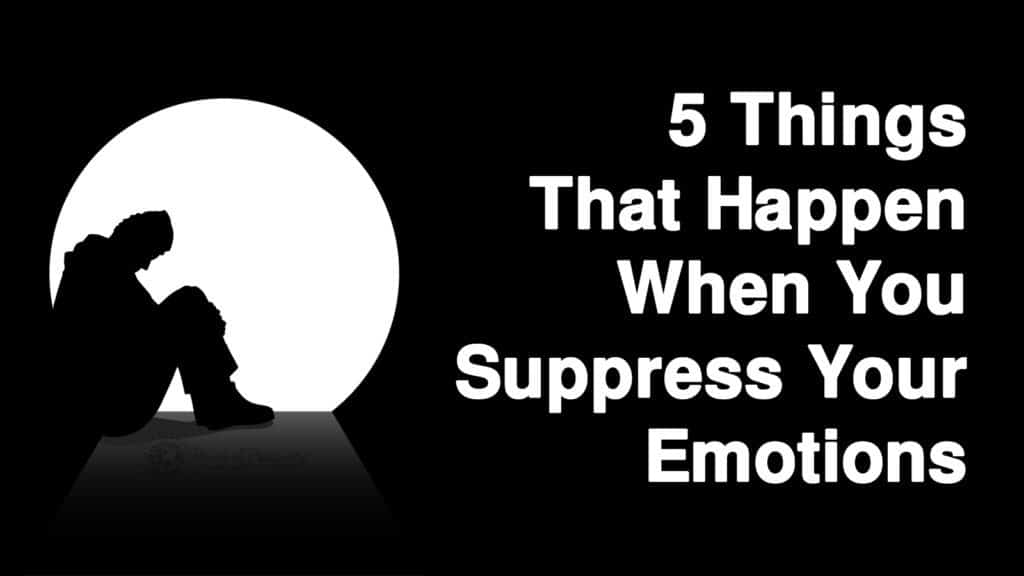 This will help you better understand and differentiate emotions.
This will help you better understand and differentiate emotions. - Shout - in the forest, over the roaring waves of the sea, or at least into the pillow, giving an “output” to emotions.
- Go for a power massage, if there are no contraindications for health reasons - this will help get rid of muscle bodily clamps, which are very closely related to emotional clamps.
- Translate emotion into dance - first mentally "focus" on it, and then start dancing. nine0018
- Speak out - simply talk about everything that is bothering you to an inanimate object or pet. It's best not to disturb people.
- Master breathing practices - any one is suitable, you can choose from the selection "Self-regulation of breathing: interesting practices."
- Write a letter to a person who causes negative emotions and burn him (the letter, not the person - do not confuse).
- Complete the Radical Forgiveness Survey by Colin Tipping.
Let's clarify that Colin Tipping is an English psychotherapist who worked with cancer patients for a long time and came to the conclusion that almost all of them had a history of repressed emotions.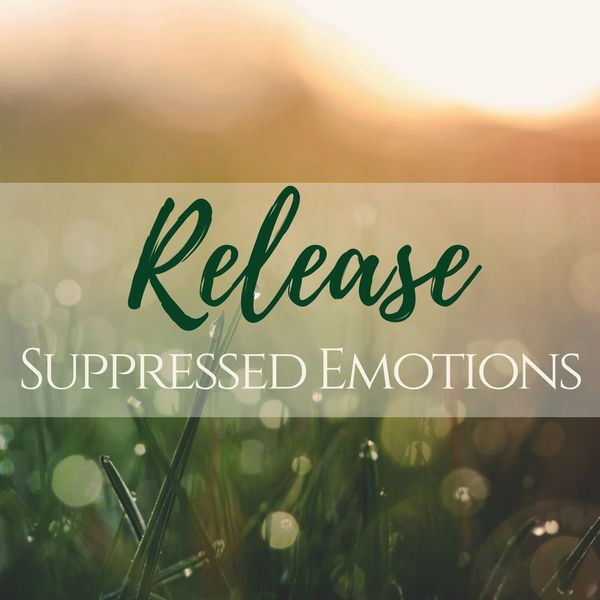
How close is the relationship between the suppression of emotions and the onset of oncology and “Can suppressed emotions provoke the onset of cancer” is a debatable question [Y. Kochetkov, 2020]. For those who would like to delve deeper, we can recommend a two-hour lecture by Dmitry Smyslov “Causes of oncology. psychological reasons. Models of Illness and Recovery”:
Regarding the above tips from an expert practitioner in the field of personal and team development Marina Bagaeva, let's clarify that this is more of a choice than trying everything in a row. Someone will find the questionnaire too long and tiring, while dancing and other physical activities are contraindicated for someone, someone does not fully control their voice and can disrupt the vocal cords with improper sound extraction when screaming. However, you can work on your voice with the help of our free course “Voice and Speech Development”. nine0003
nine0003
Some more useful tips on how to get creative or start keeping a diary can be found in the article “Live it: how to stop suppressing emotions” [Yu. Zaikova, 2019].
A very informative article for those who are interested in the topic of emotions can be the article “How not to take it out on others, but also not to suppress anger? 5 questions to scientists about emotions” [S. Danilov, E. Piletsky, 2019].
And, finally, how to “not overdo it”, following the advice of psychologists, psychotherapists and other specialists, you can read in the article “The trap of toxic positivity: what it is and how to get out of it” [L. Blasko, 2021]. nine0003
In addition, you should always remember that negative emotions, even if suppressed, can be a signal for action that is long overdue: change jobs, get out of your comfort zone, “break through” the person who imposes his services on you, and not the scammer whether he.
Agree, it is a little naive to expect that you will get rid of emotions suppressed because of a small salary if you take a warm bath every day.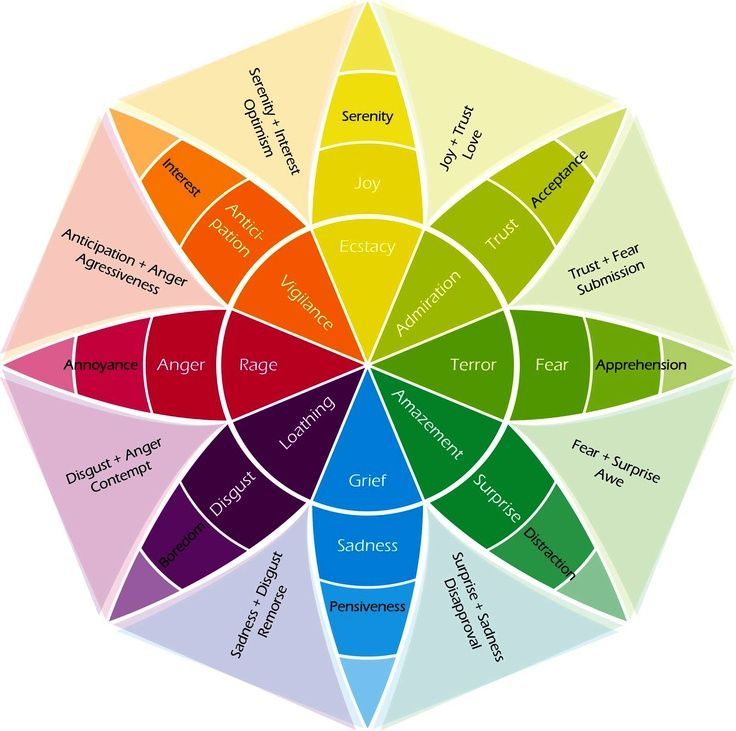 And with the "straining" conditions of partnership, it is worth sorting out in essence, in between workouts and power massage. nine0003
And with the "straining" conditions of partnership, it is worth sorting out in essence, in between workouts and power massage. nine0003
What else? If you are a creative person, you may be inspired by films whose characters also did not immediately cope with their emotions. The classic of the genre and the most famous film about the suppression of emotions is Anger Management (USA, 2003). The film “What Men Talk About” (Russia, 2010) is also very interesting.
And, of course, full of emotions, including restrained and suppressed, the famous film "The Man from Capuchin Boulevard" (USSR, 1987), which allows us to see the game of a whole galaxy of Soviet actors, such as Nikolai Karachentsov, Andrey Mironov, Oleg Tabakov, Natalya Krachkovskaya and many others. nine0003
So, what is the conclusion from our today's topic and what does the suppression of emotions bring us: creation or self-destruction? In principle, we have already answered this question and came to the conclusion that everything needs a balance.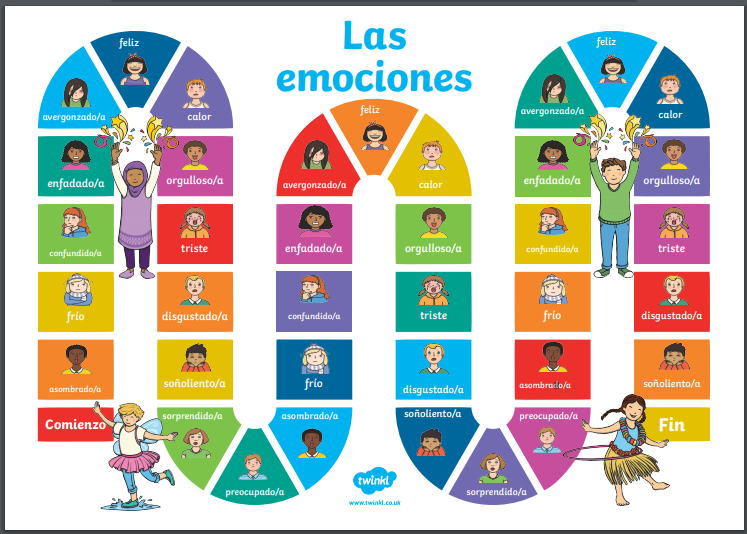 Constant irascibility and the inability to express emotions, and in fact, their suppression, lead to health problems.
Constant irascibility and the inability to express emotions, and in fact, their suppression, lead to health problems.
In addition, by essentially solving the problem that made the subject of suppression of emotions so relevant, you will get rid of both the problem and the need to do something about the consequences of suppression of emotions, because the source that feeds this destructive situation will disappear. nine0003
Our Psychic Self-Regulation program will help you find a balance in your life and emotions. We wish you peace, peace of mind and positive emotions from life. And we ask you to answer Question on the topic of the article:
Keywords: 1 psychoregulation
Suppression of emotions - Psychologos
The question of the question
film "Man with kapucin boulevard"
The film "What men are talking about"
7
Anger Management Movie
Today, among some psychologists, and thanks to them also among ordinary people, the view is popular that restraining emotions is not good and dangerous.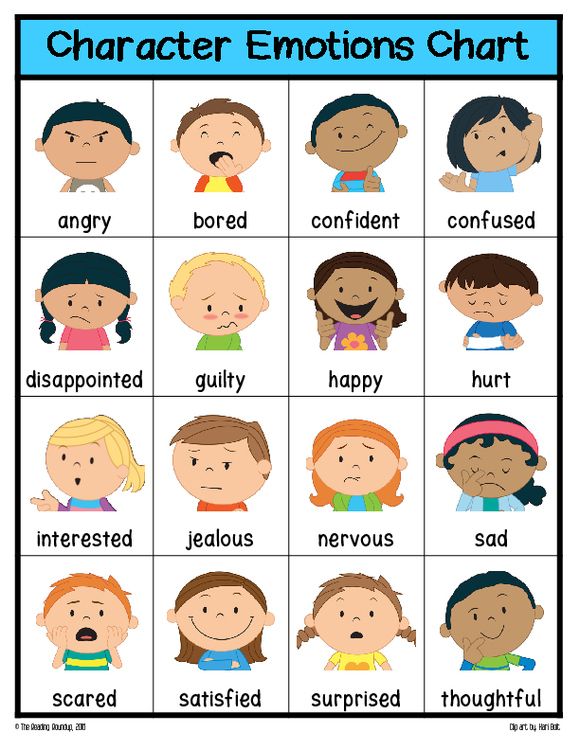 The assertion that controlling and restraining one's emotions is harmful to health has become almost a classic, because the suppression of emotions is a source of internal tension, psychosomatics, strokes and heart attacks.
The assertion that controlling and restraining one's emotions is harmful to health has become almost a classic, because the suppression of emotions is a source of internal tension, psychosomatics, strokes and heart attacks.
I'm sure almost everyone has come across a metaphor where an emotionally charged person is likened to a saucepan, inside of which water has boiled and superheated steam is looking for an outlet. It is clear that if a pan with boiling water and superheated steam is tightly closed and left on fire, it will explode sooner or later. The conclusion is drawn: steam needs to be let out, emotions need to be thrown out. nine0003
In the video "The Man from the Boulevard des Capucines": Billy is just learning to control his emotions, and according to old habits, he should now get angry and destroy the inn. Instead, he suppresses his anger by barely uttering the words: “Thank you for reminding me that this is my steak!”
In fact, today the question is posed more broadly, it is not only about harm to health.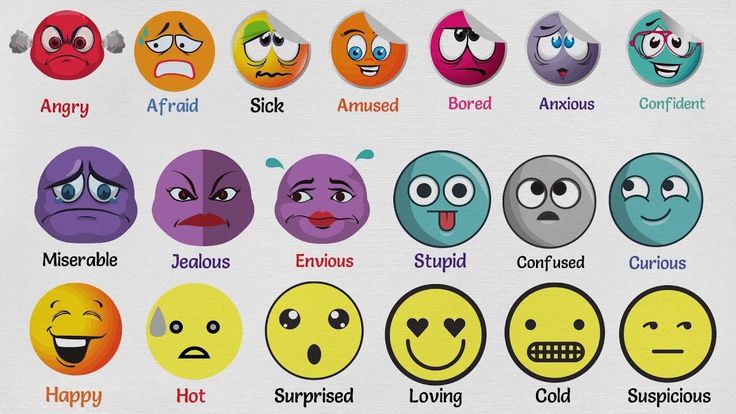 Among Gestalt psychologists, the position "There are no bad feelings, all feelings are natural and should be freely expressed" is popular. Sounds like a good idea, if not for the sequel. It turns out: “A child who does not swear at his parents has prohibitions on expressing feelings. This creates a neurotic background for the child and speaks of a violation of contact between the child and the adult! Let me just say that this is brand new. These are the writings and personal amateur performances of poorly educated people. The creator of Gestalt therapy, Frederick Perls, never claimed this anywhere, my thirty years of counseling experience also suggests the opposite: a family where a child allows himself to swear at his parents is a dysfunctional family. I have a counter question: “If it is proposed to express any feelings more freely, then what about the expression of feelings by parents towards the child?”. Can a child swear at his parents, but can parents give the child a good pour? Is that also an expression of feelings? I am convinced that this approach is categorically wrong, and my task today will be to understand this issue in detail, drawing on scientific data.
Among Gestalt psychologists, the position "There are no bad feelings, all feelings are natural and should be freely expressed" is popular. Sounds like a good idea, if not for the sequel. It turns out: “A child who does not swear at his parents has prohibitions on expressing feelings. This creates a neurotic background for the child and speaks of a violation of contact between the child and the adult! Let me just say that this is brand new. These are the writings and personal amateur performances of poorly educated people. The creator of Gestalt therapy, Frederick Perls, never claimed this anywhere, my thirty years of counseling experience also suggests the opposite: a family where a child allows himself to swear at his parents is a dysfunctional family. I have a counter question: “If it is proposed to express any feelings more freely, then what about the expression of feelings by parents towards the child?”. Can a child swear at his parents, but can parents give the child a good pour? Is that also an expression of feelings? I am convinced that this approach is categorically wrong, and my task today will be to understand this issue in detail, drawing on scientific data.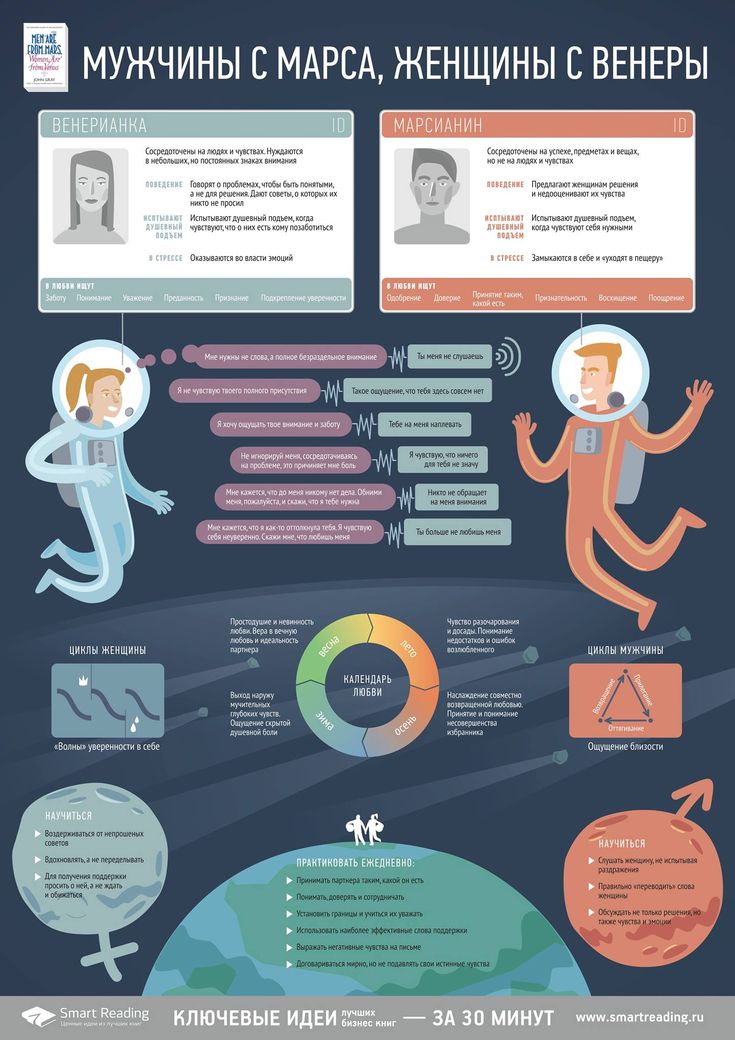 nine0003
nine0003
Background
The founder of the concept of "suppression" - Sigmund Freud. In 1894, in his work “Defensive neuropsychoses,” Freud wrote about the suppression of fear as a defense mechanism of the psyche, in 1908, in his work “Hysteria. The History of Women's Madness") spoke of "acting out" as a way of liberation from neurotic manifestations, in 1923 in the book "I and IT" - about the suppression of libido as a means of psychological protection. If we translate all this into a language that we understand, Freud wrote that the suppression of experiences spoils the character and, perhaps, psychosomatics can develop. He did not specifically say anything about harm to health, but yes, he prepared the ground for this. Fifty years later, Frederick Perls, Konrad Lorentz, and Seymour Feshbach began to develop similar views in the footsteps of Freud. nine0003
Frederick Perls in 1945, in the book "Ego: Hunger and Aggression" wrote about the dangers of excessive self-control. However, and I want to emphasize this: according to Perls, the founder of Gestalt therapy, adequate control of emotions is normal, and there is no harm to health from it. He wrote that lying brings inadequate control of emotions, namely overcontrol, excessive control. I quote: “A person who controls himself too much behaves exactly like an ignorant driver. He knows no other way to control and control, except for the brakes. What did Perls recommend? Two things. First: “In order not to brake too often, you don’t need to accelerate too much! Don't stir up your emotions." And the second - if emotions still boil up, splash out emotions, but in a way that is safe for others. nine0003
However, and I want to emphasize this: according to Perls, the founder of Gestalt therapy, adequate control of emotions is normal, and there is no harm to health from it. He wrote that lying brings inadequate control of emotions, namely overcontrol, excessive control. I quote: “A person who controls himself too much behaves exactly like an ignorant driver. He knows no other way to control and control, except for the brakes. What did Perls recommend? Two things. First: “In order not to brake too often, you don’t need to accelerate too much! Don't stir up your emotions." And the second - if emotions still boil up, splash out emotions, but in a way that is safe for others. nine0003
The situation was heated up in 1955 by Seymour Feshbach, professor of psychology at the University of California. He hypothesized that watching movies containing scenes of violence can reduce a person's level of aggression in real life. His experiments confirmed this. And although the experiments that other researchers conducted after him gave different results, the wave has already risen.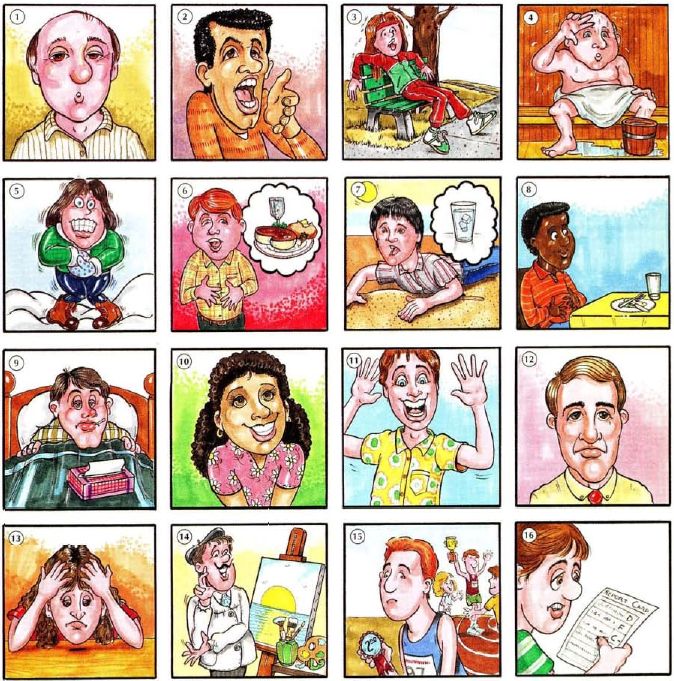 Fans of action movies and horror films began to write that they really needed these films, otherwise they would go to smash and bite everyone, and the conversation that suppressing emotions is unhealthy rose by itself. And reinforcements soon arrived. nine0003
Fans of action movies and horror films began to write that they really needed these films, otherwise they would go to smash and bite everyone, and the conversation that suppressing emotions is unhealthy rose by itself. And reinforcements soon arrived. nine0003
In 1967, Konrad Lorenz, an animal psychologist who studied aggression in the animal world, published his classic work. He wrote: "When aggression does not find its outlet, it accumulates and creates a" pressure "in the body, which sooner or later will lead to an outbreak of uncontrollable behavior." Using this hydraulic metaphor, he said that steam must be vented from the cauldron. It was just his opinion, not supported by any experiments, but that was enough for everyone. Everything seemed to be sorted out. And today everyone already knows: “Suppressing emotions is harmful. If the steam is not released, you can explode, and it is harmful to health.” nine0003
Really? Is it true that suppression of emotions is good for health?
But in fact there is a colossal confusion in this matter.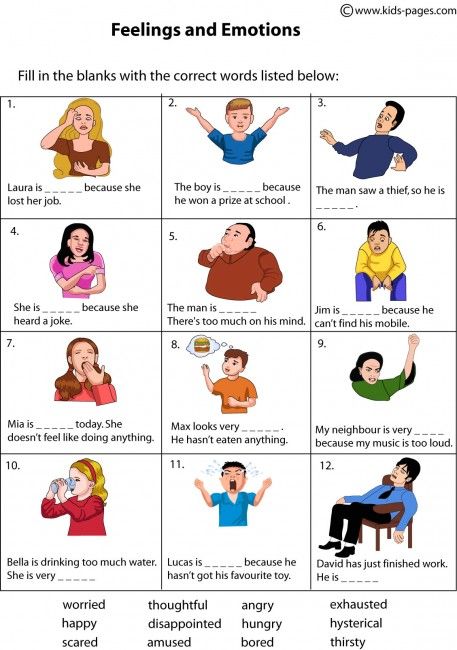 That's right, indeed suppression of emotions is unhealthy - and everything is not so, because you are not threatened by it and you have nothing to be afraid of. Need to figure it out.
That's right, indeed suppression of emotions is unhealthy - and everything is not so, because you are not threatened by it and you have nothing to be afraid of. Need to figure it out.
Physiology: emotions and health
First, are emotions and health related? Connected. Can emotions be dangerous to health? - they can. From strong joy, you can get a heart attack and die on the spot. Is it dangerous for health when we try to pretend to be calm in a situation where we are very wound up in a conflict, when we are torn apart by anger and irritation? Too bad, it's not good for health either. A long time ago I was impressed by how my teacher Arkady Petrovich Egides told this topic. He is a psychiatrist and a doctor by profession, so he talked about it from a medical point of view. nine0003
In a situation of increased danger, the body prepares for combat. We need to either hit or run. For this, the hormones adrenaline, thyroxine and cortisol are thrown into the blood in large doses. At the same time, the level of prothrombin and leukocytes rises, and all this together ensures the restructuring of the body: a restructuring specifically for combat operations. So: all this is absolutely necessary for victory, for survival, but it is very harmful to health. Why?
At the same time, the level of prothrombin and leukocytes rises, and all this together ensures the restructuring of the body: a restructuring specifically for combat operations. So: all this is absolutely necessary for victory, for survival, but it is very harmful to health. Why?
Adrenaline increases the heart rate, sharply increases blood pressure. If in a fight with dinosaurs our adrenaline burns out, everything is fine, but if adrenaline boils, but there are no dinosaurs? In unsportsmanlike and unprepared people, the heart rate sometimes increases three to five times. This is a colossal burden on the heart, it is bad, and an unprepared person can get a heart attack. nine0003
Next. Thyroxine increases the speed of all metabolic processes in the body. This is good for quickly resolving conflicts, but when thyroxine begins to accumulate in the thyroid gland, we get a feeling of anxiety, weight loss and sleep disturbances.
A similar situation with cortisol. In conflicts, cortisol is indispensable: it raises blood sugar levels, helps in the production of glucose and gives fuel to our muscles. But if you live with constantly high levels of cortisol, you will be constantly tense, anxious, and because of the increase in blood sugar, you will become more prone to obesity and the risk of developing diabetes. And if all this goes on even longer, your adrenal glands will get tired of producing cortisol, and then chronic fatigue will come to you, sexual desire will decrease, then depression. nine0003
But if you live with constantly high levels of cortisol, you will be constantly tense, anxious, and because of the increase in blood sugar, you will become more prone to obesity and the risk of developing diabetes. And if all this goes on even longer, your adrenal glands will get tired of producing cortisol, and then chronic fatigue will come to you, sexual desire will decrease, then depression. nine0003
But that's not all: in order to reduce the loss of blood from possible wounds, prothrombin and leukocytes make sure that our blood becomes thickened and coagulates faster. Great, that much blood won't come out of the wound! But what happens if there are blood clots somewhere in your vessels? Ordinary blood easily bends around them, and the thickened blood around them slows down, sticks around the clot, the clot increases in size and at some point breaks off due to the general pressure of the blood. Now a thick clot flies through the vessels as long as it can, namely, until it meets with thin vessels.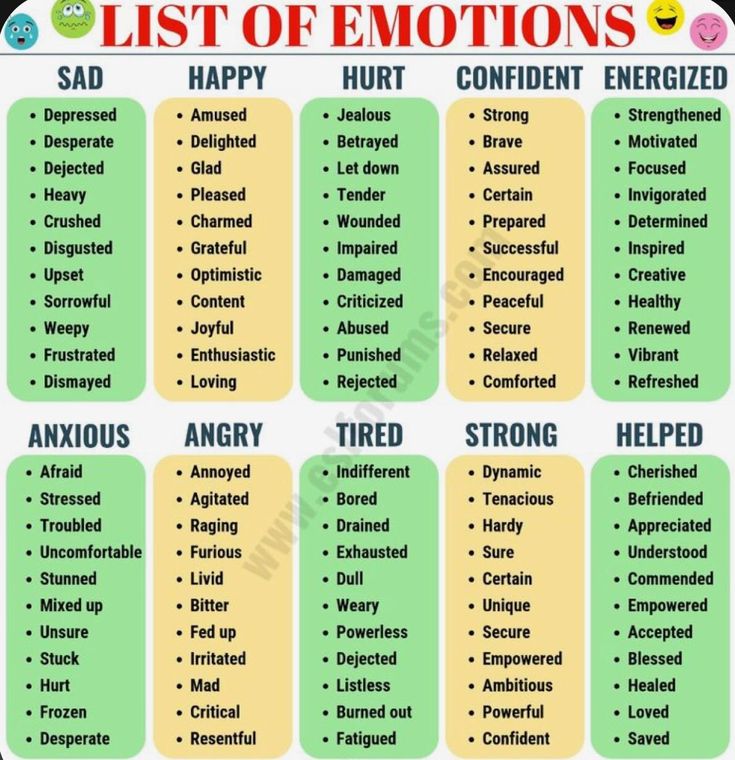 And what are these vessels? These are the vessels of the heart and the vessels of the brain. If a blood clot has flown into a vessel of the brain - a stroke. If blood clots fly into the vessels closer to the heart, a heart attack occurs. nine0003
And what are these vessels? These are the vessels of the heart and the vessels of the brain. If a blood clot has flown into a vessel of the brain - a stroke. If blood clots fly into the vessels closer to the heart, a heart attack occurs. nine0003
Fortunately, strokes and heart attacks are not that common. More often other things happen. Which? First, the blood is squeezed out of the skin. The skin is poorly supplied with blood, and when a person has a lot of conflict, his skin becomes dry, pale and ugly. And the second trouble is even more unpleasant and is called gastritis. Who knows how the stomach works? The stomach itself is a meat vessel in which gastric juice splashes and digests everything that enters the stomach. Great, why does this juice digest the meat in the stomach and not digest the walls of the stomach itself? After all, the walls of the stomach are the same meat? Not really. The walls of the stomach are made of meat, but covered with a special film that neutralizes the gastric juice and saves us from the stomach starting to digest itself. One trouble - the film saves the stomach, as long as it is well supplied with blood. And in a situation of conflict, blood is squeezed out of the stomach, pumped in favor of the muscles, and the stomach remains defenseless, and this despite the fact that gastric juice is produced without interruption, always! And then, in a situation of conflict, the stomach begins to eat itself, and you get, I repeat, gastritis - or an ulcer. This happens every time you have a lot and a lot of conflict. nine0003
One trouble - the film saves the stomach, as long as it is well supplied with blood. And in a situation of conflict, blood is squeezed out of the stomach, pumped in favor of the muscles, and the stomach remains defenseless, and this despite the fact that gastric juice is produced without interruption, always! And then, in a situation of conflict, the stomach begins to eat itself, and you get, I repeat, gastritis - or an ulcer. This happens every time you have a lot and a lot of conflict. nine0003
These are all fees for participating in frequent and difficult conflicts. And if you live next to people with a difficult character, especially if you yourself are a person with a difficult character, and you have to seriously conflict, and at the same time restrain yourself, then this is harmful and very harmful for health. And then we can confidently say: in such situations, suppressing emotions is harmful. All right. Another thing - is it true about you? Are you a difficult person? Do you live in a situation of constant conflicts? nine0003
And if it's not about you, then fine.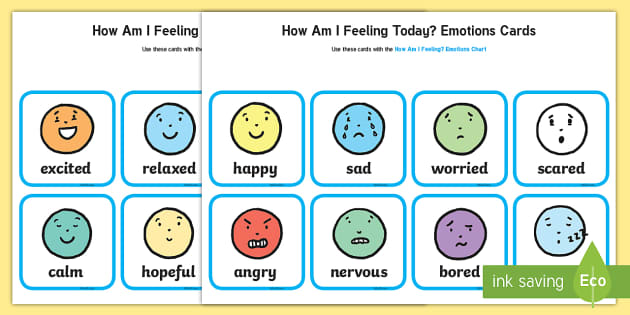 Because rare and minor conflicts, where you act prepared, prudently and competently, are not harmful to health and even invigorate. Yes, and more serious conflicts, if you know how to behave competently in them, and especially after them, are not at all so terrible. In any case, preparation is needed. And the one who knows how to behave competently in a conflict situation - and after the conflict, he will be healthy, cheerful and cheerful for many years.
Because rare and minor conflicts, where you act prepared, prudently and competently, are not harmful to health and even invigorate. Yes, and more serious conflicts, if you know how to behave competently in them, and especially after them, are not at all so terrible. In any case, preparation is needed. And the one who knows how to behave competently in a conflict situation - and after the conflict, he will be healthy, cheerful and cheerful for many years.
So how do you behave like this? And what kind of preparation is needed? nine0003
Scientific research
First, let's turn to serious scientific research, where the results are verified and confirmed.
What kind of scientific research exists in this direction?
George Bonanno (Columbia University) measured the stress level of first-year students and asked them to undergo an experiment in which they had to control their emotions to demonstrate different levels of their expression - exaggerated, understated and normal.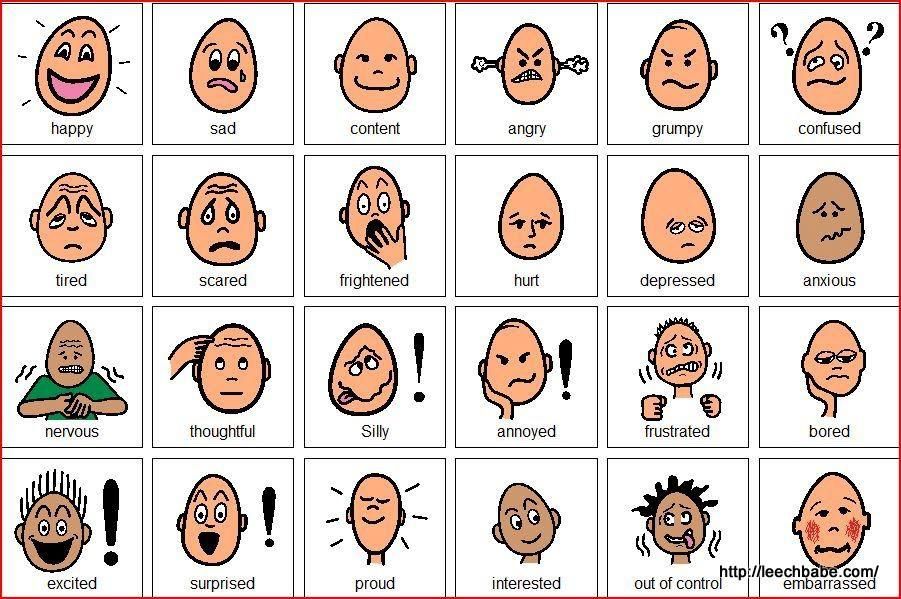 Some did it better, some worse. A year and a half later, Bonanno called the subjects back together and measured their stress levels. nine0003
Some did it better, some worse. A year and a half later, Bonanno called the subjects back together and measured their stress levels. nine0003
It turned out that the students who were the best at intensifying or suppressing emotions on command were the least prone to stress. In addition, as the scientist found out, these students were more adapted to tuning in to the state of the interlocutor, they had better developed emotional intelligence. That is, from the point of view of the development of emotional intelligence, and from the point of view of stress, control of emotions gave the best results.
Now - the experiments of Brad Bushman (Bushman B., 2002). In this experiment with students, it was first done in such a way that the students were introduced into a mild, but aggressive state. The experimenter's assistant behaved rudely, allowed insults, the students responded to him, he answered them - in short, the students were on edge as a result. And then they were quickly divided into three groups and angered, after which they were placed in certain experimental conditions, and there were three options: nine0003
1) in the first one they were allowed to beat a punching bag for several minutes, setting themselves up for beating the assistant's physiognomy;
2) in the second version, the students who were thrashing on the pear were distracted from the past incident and tuned in to the pear just like a sport;
3) in the third, the participants were simply allowed to sit quietly for a few minutes and not hit anyone.
Experiment results? The fastest to calm down were those who just sat, relaxed and did not hit anyone. Those who were most angry were those who threshed on a pear and imagined this nasty assistant in front of them. That is why, as conclusions from his study, Professor Bushman recommended: "To move away from rage, it is useful to delay the answer, relax, or do something incompatible with aggression." nine0003
There have been many similar experiments, and to save our time, I will immediately acquaint you with the final results. In fact, everything is not so simple there. Firstly, it is very important what level of internal tension and aggression we are talking about. It's one thing - almost rabies, when you have a strong and very strong internal tension. You boil and fire yourself up even more. You lose your temper, you are furious, you are furious, you are ready to kill! Let's call it the red level of tension and aggression. nine0003
Another situation is the average internal stress. That is, you are normally angry, seriously angry, but your head is in place, you are quite capable of controlling yourself. This is the yellow level of tension and aggression.
That is, you are normally angry, seriously angry, but your head is in place, you are quite capable of controlling yourself. This is the yellow level of tension and aggression.
And the third situation is a little internal tension, a minimum of aggression: well, you are a little angry. You can raise your voice, rude words come out of your mouth, but a well-mannered person easily controls himself. Yes, as you remember, get a little angry. And they were distracted - and it's fine. There are emotions here, but there is no tension in the body. This is the green level of tension and aggression. nine0003
So, these are completely different situations, because in order to calm down in them, you need completely different approaches, techniques and strategies.
Red level of tension: suppression of emotions
Regarding the red level of tension and aggression. In the event that your emotions are strongly untwisted, when you are excited, enraged, when you have a hormonal storm and you are sausage, then restraining emotions is harmful and very harmful.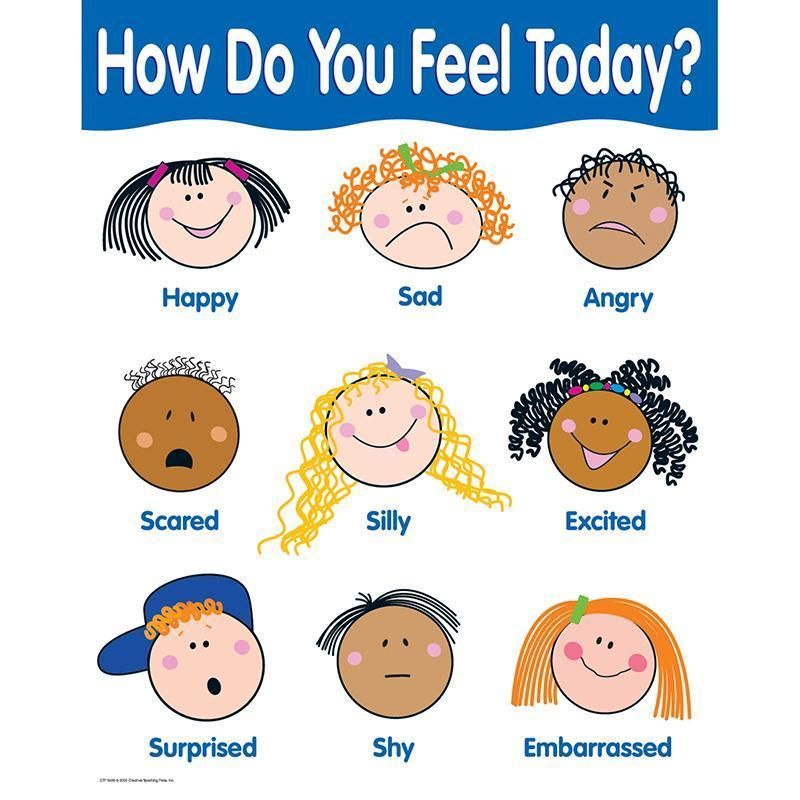 This will be the very suppression of emotions, which is destructive and no one needs. Here only physics will help you and save you: physical relaxation, or rather energetic physical activity, which will bring you excellent physical relaxation. nine0003
This will be the very suppression of emotions, which is destructive and no one needs. Here only physics will help you and save you: physical relaxation, or rather energetic physical activity, which will bring you excellent physical relaxation. nine0003
The village peasants solve this situation best of all: they have firewood in the yard. Pricking them is the best thing that nature has come up with. Fifteen minutes pricked and what happens? There is complete relief in the body. I want to sit down, drink some water or milk. It's getting good - good. This is really cool stuff.
What options are available in the city? You can't chop wood here, but any vigorous physical activity will do. This is any peppy sport: running with acceleration, squats, push-ups, horizontal bar; karate and any other sport with percussion techniques is great, everything that will help you discharge yourself to the point of fatigue. In a strong tension, you want to beat, not sit. Therefore, I ran, kicked a ball or trees, exhausted myself, got tired, and then, if there is an opportunity to sleep, you will fall asleep already calm and relaxed.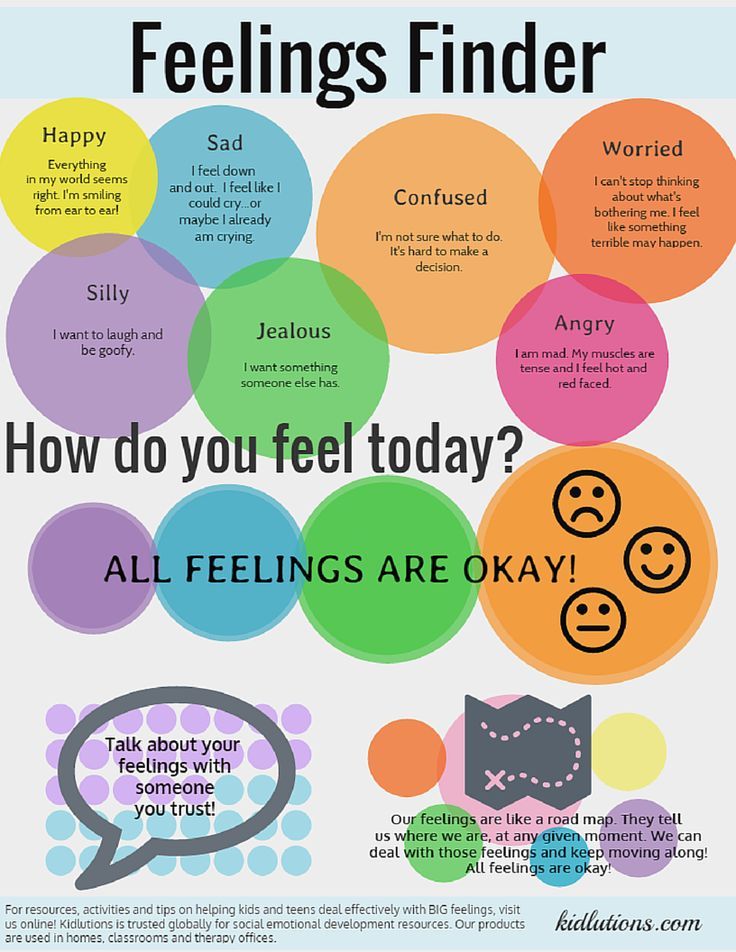 And if you get sex and sleep, then this is generally an ideal option, then you will fall asleep already with a smile of happiness. nine0003
And if you get sex and sleep, then this is generally an ideal option, then you will fall asleep already with a smile of happiness. nine0003
In short, how to remove anger?
Physical activity - relaxation - sleep! Chopping wood, sports, sex are the best stress relievers! So, if you feel very bad, and you are very tense, you need to do ... active sports!
Green level of tension: control of emotions
So, with one pole it is clear: a strong internal tension, the red level requires physical discharge. The situation with the opposite, green pole, where we are talking about superficial emotions and weak internal tension, is also quite clear. It is clear that here and close there is no suppression of emotions. A little negativity is natural and is appropriate in life, but it does not need to be suppressed. The issue is resolved at the level of natural switching of emotions, as in children. It is absolutely natural for a child to experience up to a dozen emotions within two minutes: yell joyfully, get angry, take offense, get distracted, play a fool, smile, yell again .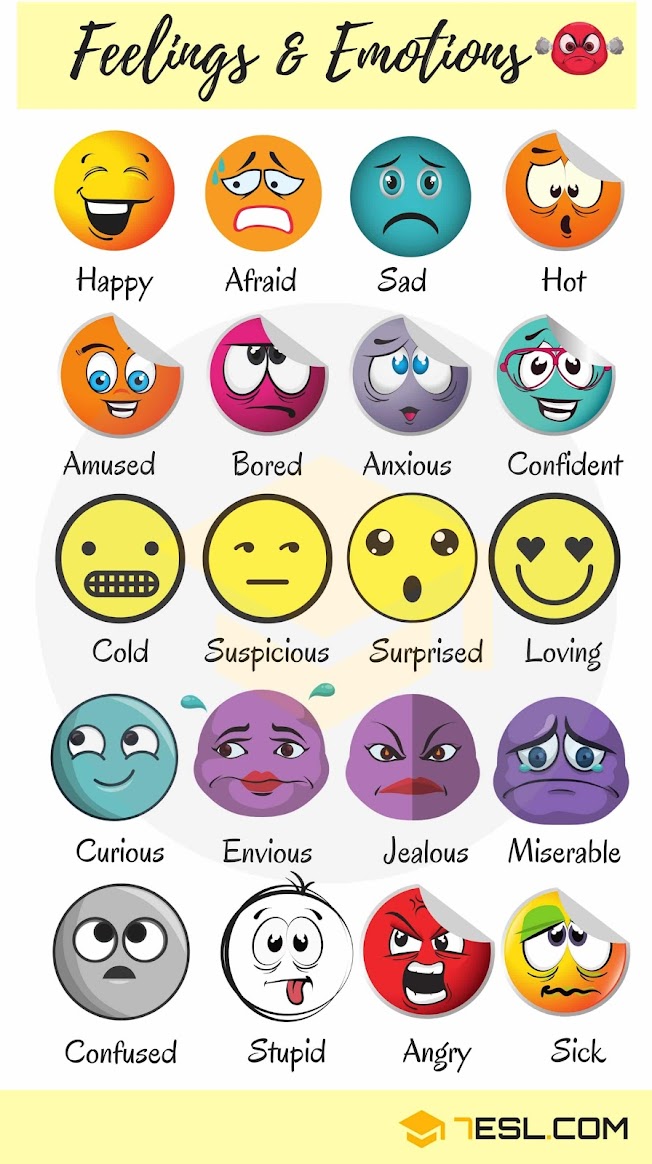 .. He switches - and without any suppression. nine0003
.. He switches - and without any suppression. nine0003
At this green level, emotions are determined primarily by how a person is brought up, by his culture. If a child was brought up in a family where everyone is slowly swearing and albeit a little, but constantly dissatisfied - most likely, this will be typical for him. In a family where the atmosphere was light and positive, he is more likely to acquire similar features. And if we meet such a positive person, it would hardly be correct to say that the person here suppresses his negative emotions. We're not saying that a negative person represses his positive emotions, do we? Emotions should not be suppressed if they are not initially triggered. And if a person was brought up in such a way that he is accustomed to being in a working format, accustomed to doing business, not feelings, accustomed to translating problems into tasks, then he is usually calm, he is restrained, and everything is in order with his health. He does not create negativity for himself and therefore he does not need to suppress negativity. If you do not wind up emotions inside yourself, then restraint in behavior and expression of your feelings is not at all harmful. Remember: to whom it is not difficult to restrain oneself, there is nothing to suppress. nine0003
If you do not wind up emotions inside yourself, then restraint in behavior and expression of your feelings is not at all harmful. Remember: to whom it is not difficult to restrain oneself, there is nothing to suppress. nine0003
At the same time, of course, there are some emotions and tensions here too. What to do with them? So, here you need to work not with physics, not with the body, but first of all with thoughts. If you just feel bad, but you are not tense, you are just "sour", start by paying attention to your thinking. The simplest recommendations are: 1) Declaration of acceptance of reality, 2) scooping out the positives, and 3) the “Good!” exercise. You can just walk around and relax. The whole series of what is called Mood Enhancers is good. Someone went to read, someone went to the museum, it's good to just talk with friends. But with friends, do not cry about your own, but switch to their affairs. Ask them how they are doing and take your mind off your worries. nine0003
At the same time, it is not at all necessary to sit back, on the contrary: it is very good to keep oneself busy, that is, to divert oneself to work. Sit down and work. If you got carried away - great, you won! If thoughts are not really stuck, switch your thoughts to breathing. Full yogi breathing, square breathing - wonderful things! Both distract and relax.
Sit down and work. If you got carried away - great, you won! If thoughts are not really stuck, switch your thoughts to breathing. Full yogi breathing, square breathing - wonderful things! Both distract and relax.
If everything is quite clear with the poles – red and green levels of emotional tension, then the middle, yellow level of internal tension is probably the most interesting and ambiguous. We will now discuss which methods are optimal here, but this is where we need a little digression. nine0003
Problems of translation
Together with you we need to understand the words we use. It turns out that many works and studies on emotions are simply mistranslated.
My colleague, Pavel Zygmantovich, was the first to notice this. Here he is reading a study by English psychologists, where they study: what will happen if the parents do not show their emotions to the child? And suddenly Paul sees: "suppression of emotions" (sic) is translated as "suppression of emotion.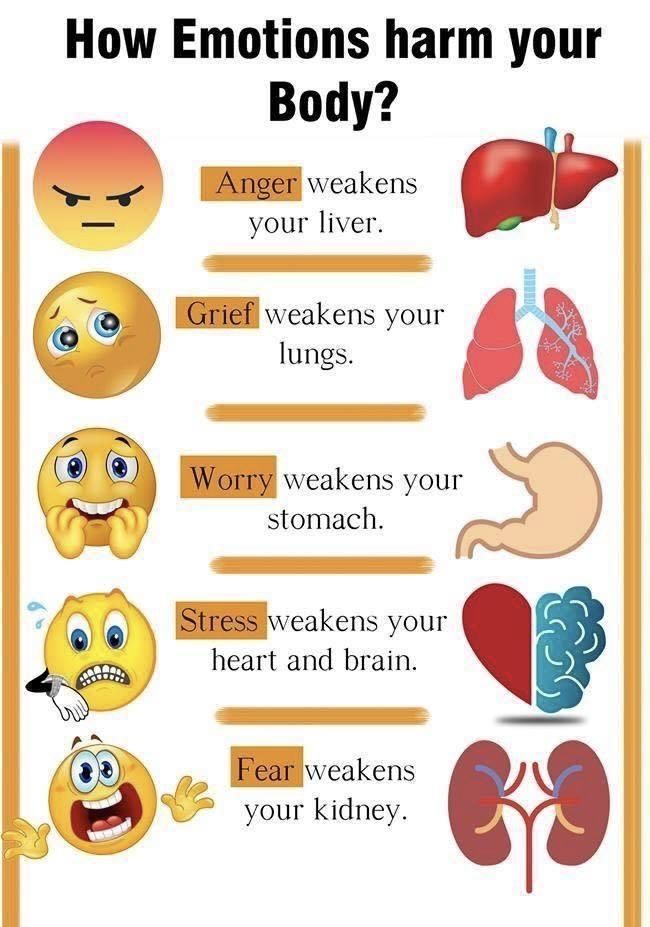 " Colleagues, Paul shouts! But it's a translation error! What does it mean to "suppress emotions"? Both in terms of the context and the meaning of the study, in this case it was more accurate to translate not “suppress your emotions”, but “do not show your emotions”, “do not show your emotions”, well, in extreme cases, “hide your emotions”! nine0003
" Colleagues, Paul shouts! But it's a translation error! What does it mean to "suppress emotions"? Both in terms of the context and the meaning of the study, in this case it was more accurate to translate not “suppress your emotions”, but “do not show your emotions”, “do not show your emotions”, well, in extreme cases, “hide your emotions”! nine0003
If you carefully read Frederick Perls' Ego, Hunger and Aggression, you will also be puzzled by the translation. In his book, how to translate "suppression of emotions" - as the suppression of emotions or as their containment? In the Russian version, you will read: "Self-control is the ability to suppress emotions and other means of expressing inner contents." But this is not true! In our culture, self-control is understood differently: Self-control is the ability to control, restrain your emotions! No one says: suppress your emotions. Control yourself, restrain yourself - that's self-control. And is it important. If we talk about self-control as about restraint, there will be a good attitude towards self-control. And if for us self-control is the suppression of emotions, then the attitude towards self-control will be different. Such self-control no longer attracts us! And then we will generally be against self-control! nine0003
And if for us self-control is the suppression of emotions, then the attitude towards self-control will be different. Such self-control no longer attracts us! And then we will generally be against self-control! nine0003
Pavel began to look in other translated literature, and it turned out - in most articles and books, where it would be more accurate to talk about not expressing emotions, about hiding them - translators follow the path of literal translation and write "suppression of emotions." That is, once, someone translated an English text about hiding emotions verbatim. Not literally, but literally. And as a result of inadequate translation, we are now satisfied with scarecrows from scratch. We were accidentally confused!
Therefore: let's be careful with the terminology and not confuse three different things: suppression of emotions, control of emotions and restraint as a manifestation of control of emotions. nine0003
Controlling emotions is not the same as suppressing emotions.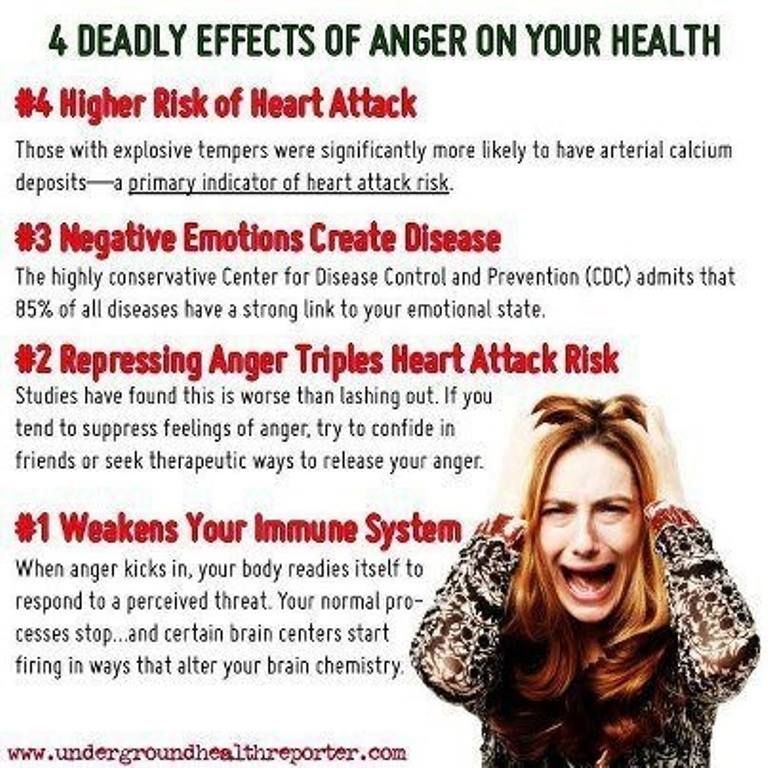
The control of emotions differs from their suppression in the same way that the control of a work collective differs from the suppression of an uprising. Do you hear the difference? Do not inflame your grievances, do not spin your anger, and then you will not need to suppress the rebellion, you will not need to suppress your negativity. Do not confuse the suppression of already hyped emotions and the usual management of emotions, including the normal restraint of a well-mannered person.
Do you agree that these are completely different things?
Yellow level of tension: control of emotions
And then we return to the question of what to do with internal tension in the yellow, middle zone, when we are not boiling yet, but are already seriously agitated. This is already quite a difficult situation. Dark or sick thoughts spin and spin and get in the way, and the inner tension is exhausting. Yes, it's hard.
What is to be done here? Women seize such a situation: they eat either a lot or sweets. And if this happens often and eat a lot of sweets, then slender women gradually become women with large sizes. It is not right. nine0003
And if this happens often and eat a lot of sweets, then slender women gradually become women with large sizes. It is not right. nine0003
Maybe work with your thoughts here? Drive away bad thoughts? It will not work: thoughts are helpless before a tense body. When you have a tense and unhappy face, when you have dreary intonations in your head, then scooping out pluses makes you laugh, and the Declaration of acceptance of reality plunges you into depression even more. Even good meditations with positive suggestions here do not help everyone and not always, these positive texts can infuriate an unprepared person. It is almost useless to work with your thoughts directly here. nine0003
What do you need to work with here? With body. Again with the body, but now not in the mode of active physical discharge, but in the mode of calm relaxation of the body. Stress is a source of negative emotions. If you relieve tension, you eliminate the source of emotions and emotions are not suppressed, but simply removed.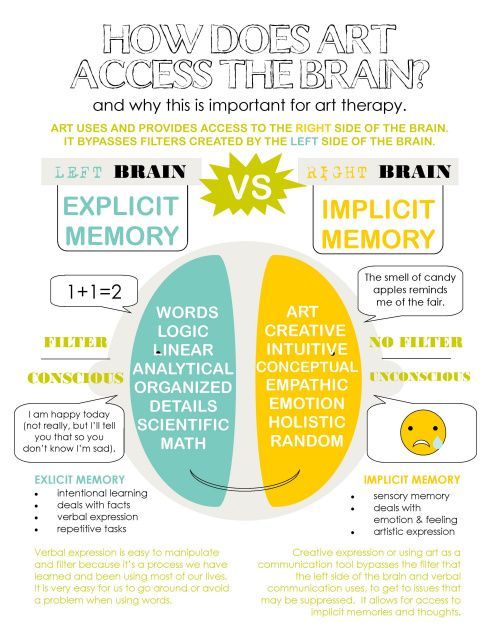 Yes, if the emotions are average - there is no need to beat the pear, it is better to sit and calm the body. If you are not too excited, then sit down, relax, calmly breathe - a good and necessary thing.
Yes, if the emotions are average - there is no need to beat the pear, it is better to sit and calm the body. If you are not too excited, then sit down, relax, calmly breathe - a good and necessary thing.
To be more precise, you need to learn how to solve two problems: 1) relieve tension through relaxation, 2) control and maintain the resulting calm relaxation of the body. Relaxation and control of a calm body are your tasks. That is why the two most important exercises at the Distance, which will protect your health in such situations, are Auto-training and the Calm Presence exercise. nine0003
Auto-training, if it is very simple and short, is the ability to relax oneself very quickly even in emotionally difficult situations. There was noise and screams around, and you sat down, closed your eyes, said special formulas of suggestion to yourself - and after a couple of minutes you practically fell asleep. Calmed down. Inside was completely fine. And after a few minutes, others said the formulas to themselves - and smiled, opened their eyes - and you are satisfied, rested and ready for life.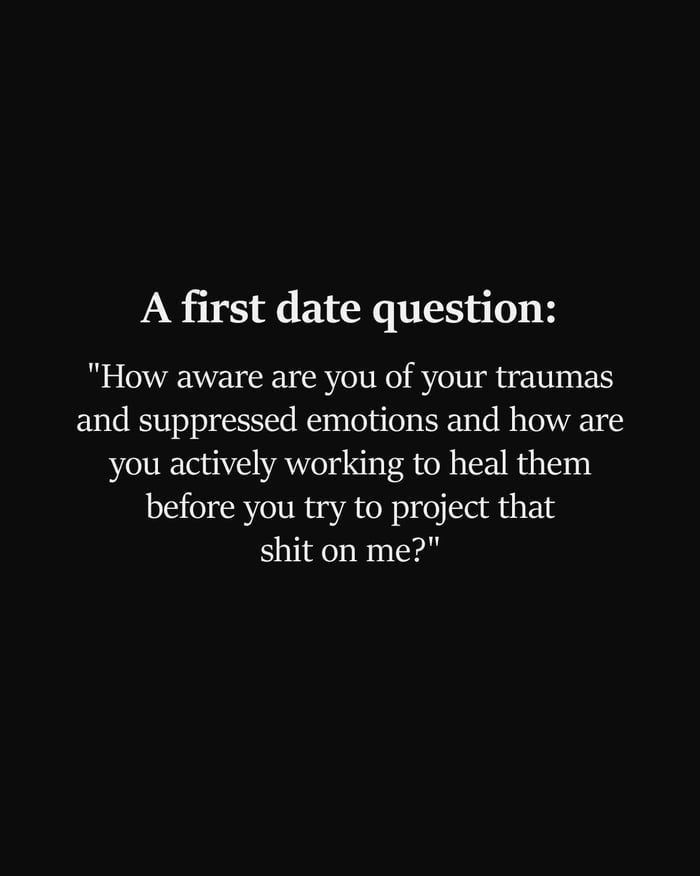 Autotraining will help you out in life in the most difficult situations. Therefore, learn: "Sit quietly, close your eyes ... I am relaxed ... My eyes are closing, pleasant relaxation in the hands, pleasant relaxation in the legs, pleasant relaxation in the whole body ...". Yes, auto-training, autogenic training begins with this. Meditations can replace auto-training to some extent, but next to conflict situations they work less well. nine0003
Autotraining will help you out in life in the most difficult situations. Therefore, learn: "Sit quietly, close your eyes ... I am relaxed ... My eyes are closing, pleasant relaxation in the hands, pleasant relaxation in the legs, pleasant relaxation in the whole body ...". Yes, auto-training, autogenic training begins with this. Meditations can replace auto-training to some extent, but next to conflict situations they work less well. nine0003
Now "Calm Presence". In the "calm presence" exercise, you are able to physically be completely calm, no matter what happens. Train yourself in calm presence: a calm body calms the emotions with its calmness. You train the calmness of the body - and use the calmness of your body so that no emotions take over you. We did AT, relieved all tensions, cleared ourselves of conflicts, then turned on the “Calm Presence” - and now you are not just clean, but absolutely invulnerable, you are completely protected. nine0003
That's all you need to know about suppressing emotion.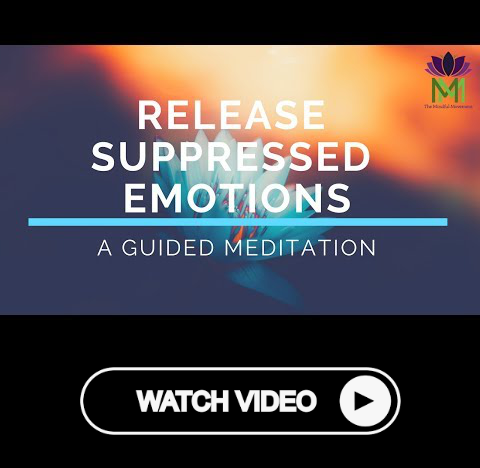 You now have recommendations on how to best protect both your own and others' psyches - and health. Be aware that all other ways to release aggression can fail you: they are either less reliable or have undesirable consequences.
You now have recommendations on how to best protect both your own and others' psyches - and health. Be aware that all other ways to release aggression can fail you: they are either less reliable or have undesirable consequences.
You may be advised to shout out your anger. Is this a good recommendation? Controversial. Actually, if you scream loudly and viciously, if you just yell, it inflames, not calms. Another thing is, if you yell loudly, loudly and for a long, long time, then you are very likely to eventually get tired, and along with fatigue, relax and calm down. Yes, it can work, but it can also backfire. nine0003
Even the recommendation “You need to speak up!” - very ambiguous. Well, as for women, then share with a friend - a woman calms down. But expressing your dissatisfaction in person is already inflaming. If this happens in a group, then this is just a direct road to conflict. This is especially true for men. If a woman shared with her friend and calmed down, then a man from such conversations, on the contrary, gets inflamed. Yes, and for women, speaking out is a controversial occupation: now it calms, and at the same time, the habit of complaining and feeling sorry for yourself, immersing yourself in the position of the Victim, is being strengthened. That is, once it is possible, but as a habit it is not good. nine0003
Yes, and for women, speaking out is a controversial occupation: now it calms, and at the same time, the habit of complaining and feeling sorry for yourself, immersing yourself in the position of the Victim, is being strengthened. That is, once it is possible, but as a habit it is not good. nine0003
All the more so to throw out aggression, cursing. It's not an option. Be careful: an aggressive swearing does not calm, but energizes, especially loud and in public. There is a peace-loving, ritual mat - if it is rare, infrequent, it relieves internal tension. But if it becomes a habit, then the mat is no longer reassuring. The habitual mat does not let go of tension, but lowers the person: the level of culture decreases in a person, and his aggression increases.
Imagining that you beat the offender when you hit his photo on a punching bag is not an option. As a rule, it only inflames. The only time it can calm you down is if you hit the bag for a long, long time, until you get tired.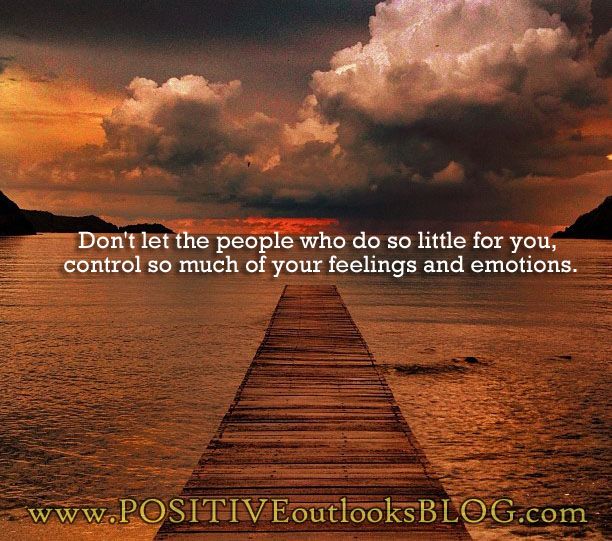 But this means that physical fatigue calms you, and not vicarious aggression, as it is called in science. nine0003
But this means that physical fatigue calms you, and not vicarious aggression, as it is called in science. nine0003
You will understand a lot if you take football players and football fans. Players after football are not aggressive. Why? They were exhausted and tired. They do not specifically promote themselves. And the fans are aggressive, because during the game they sit motionless, and wind themselves up: they aggressively yell at enemies and support each other. When a player hits the ball, he also has an aggressive job, but not as aggressive as yelling at the enemies sitting opposite. Yes, the players also wind up themselves, but they burn energy during the match. And this is how they save themselves and calm them down. nine0003
Similarly, kicking. If you have a strong tension, then you can kick something once. This tension relieves, but does not soothe. If you kick something further, you will activate and inflame yourself again.
I am quoting Leonid Berkovets, his book Aggression. This is a classic, the result of 10 years of research. The author writes: “When the woman’s brother kicked furniture, his imaginary aggression against other people was reinforced, so that his propensity to violence became stronger, and he himself was more likely to attack any person who provoked his irritation. In many ways, similar processes can occur whenever people behave aggressively, regardless of the form in which such behavior is expressed. The time has come when mental health professionals should stop recommending the exercise of imaginary violence as a means of reducing the propensity for aggression." nine0003
This is a classic, the result of 10 years of research. The author writes: “When the woman’s brother kicked furniture, his imaginary aggression against other people was reinforced, so that his propensity to violence became stronger, and he himself was more likely to attack any person who provoked his irritation. In many ways, similar processes can occur whenever people behave aggressively, regardless of the form in which such behavior is expressed. The time has come when mental health professionals should stop recommending the exercise of imaginary violence as a means of reducing the propensity for aggression." nine0003
Especially for children. The habit of restraining their negative emotions does not make children neurotic, but well-bred children. But the habit of children not to restrain their negative emotions makes children psychopaths. Berkovec's study gives the following example: “When my little brother was angry about something, he started kicking the furniture with his feet.